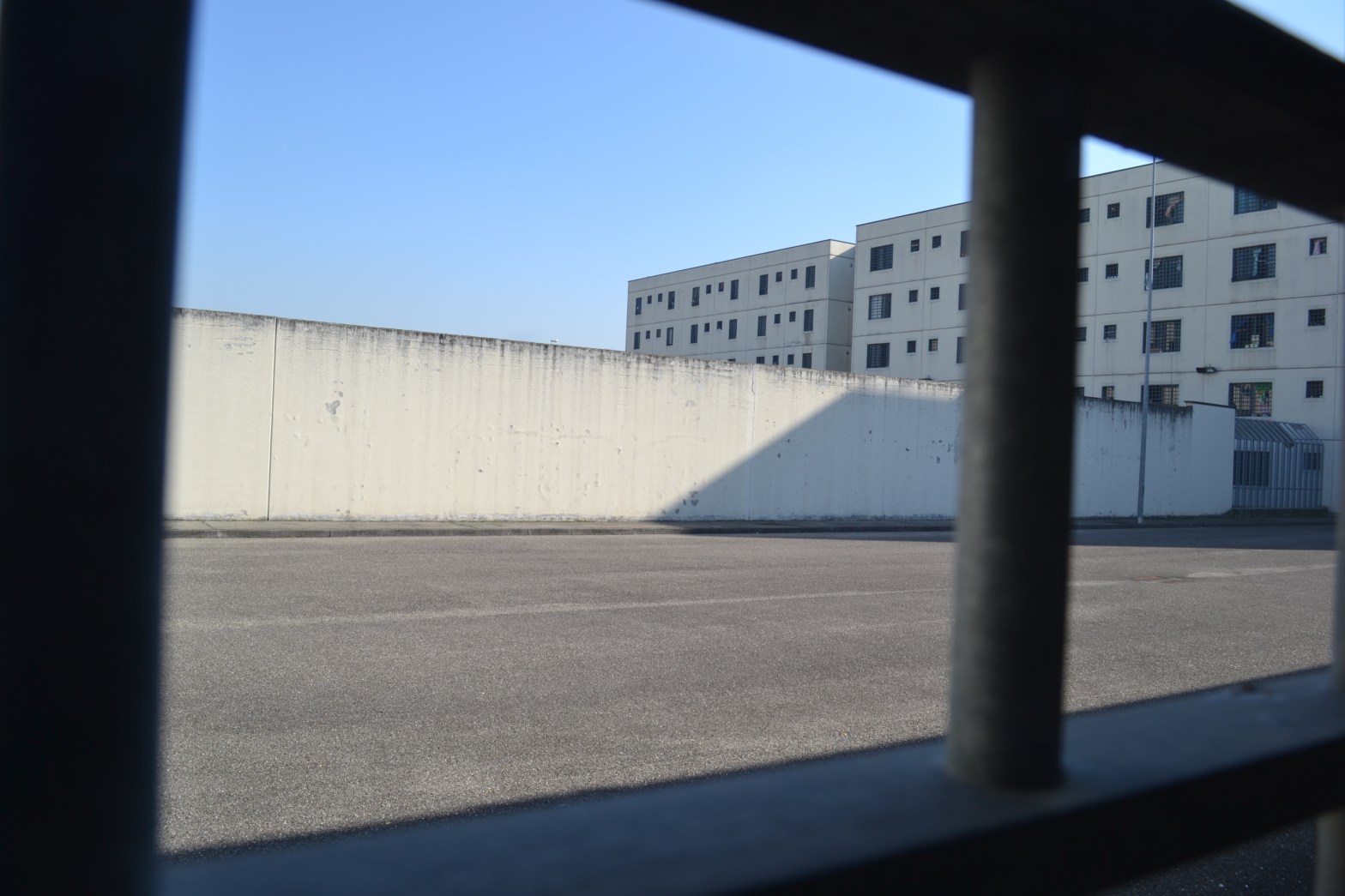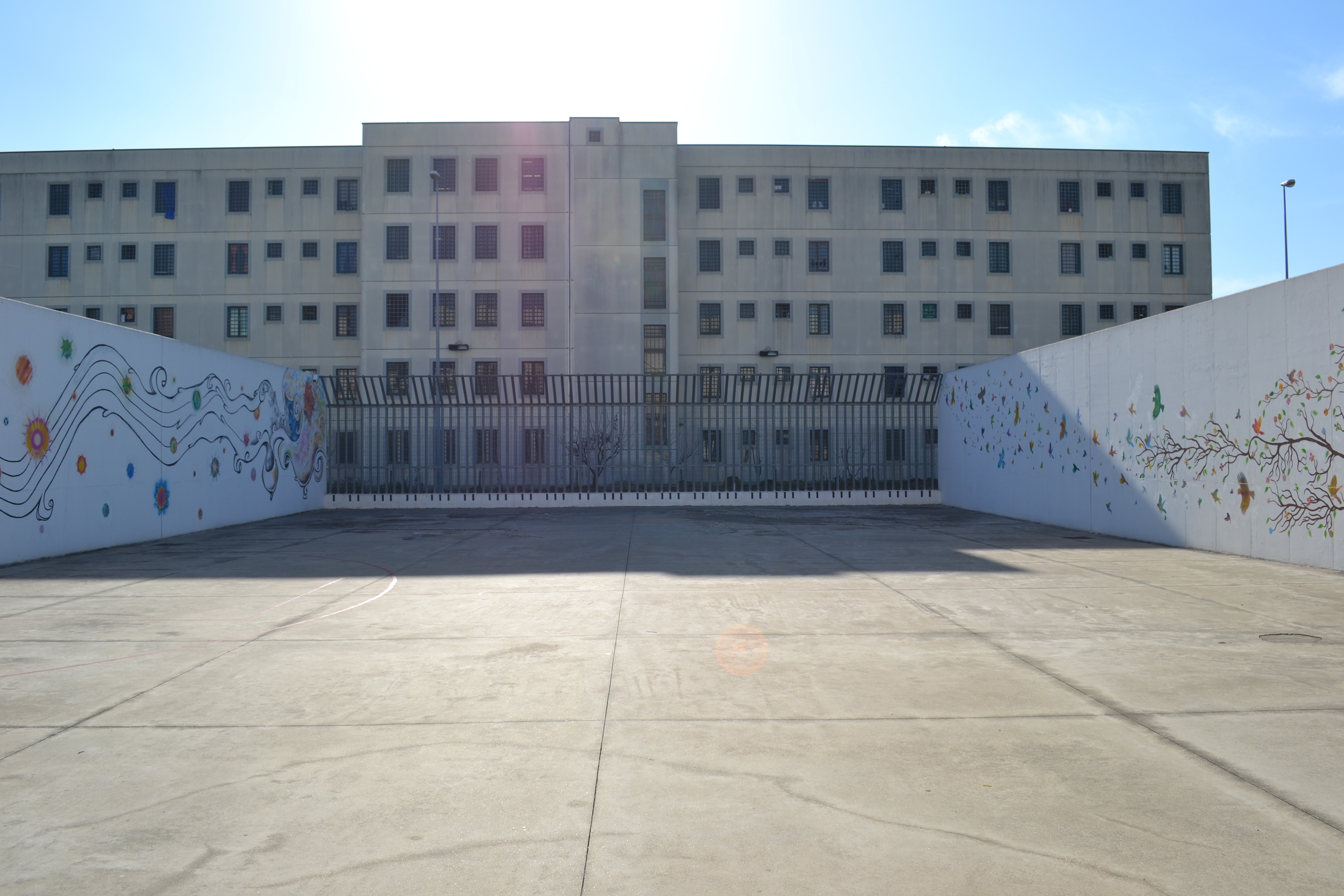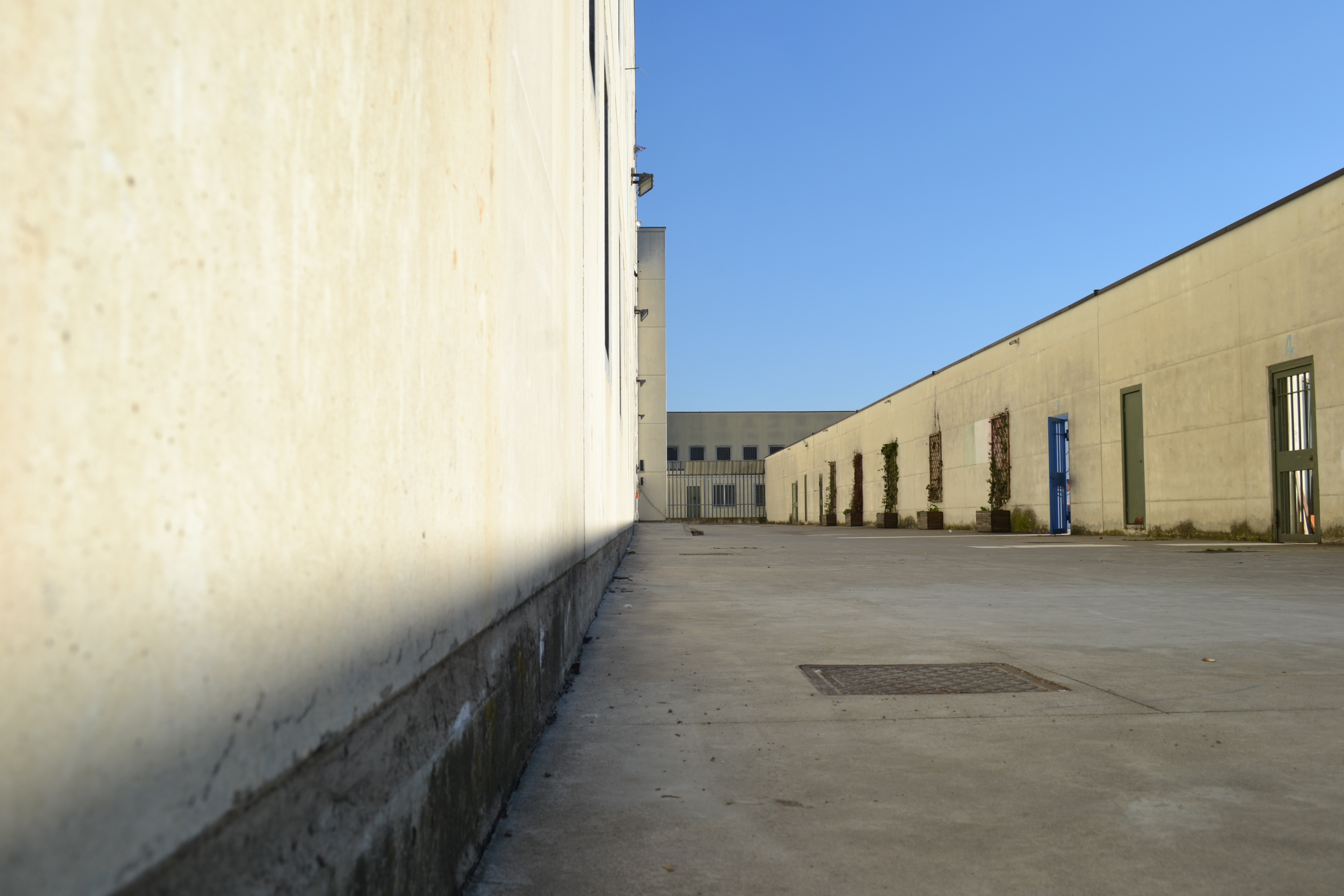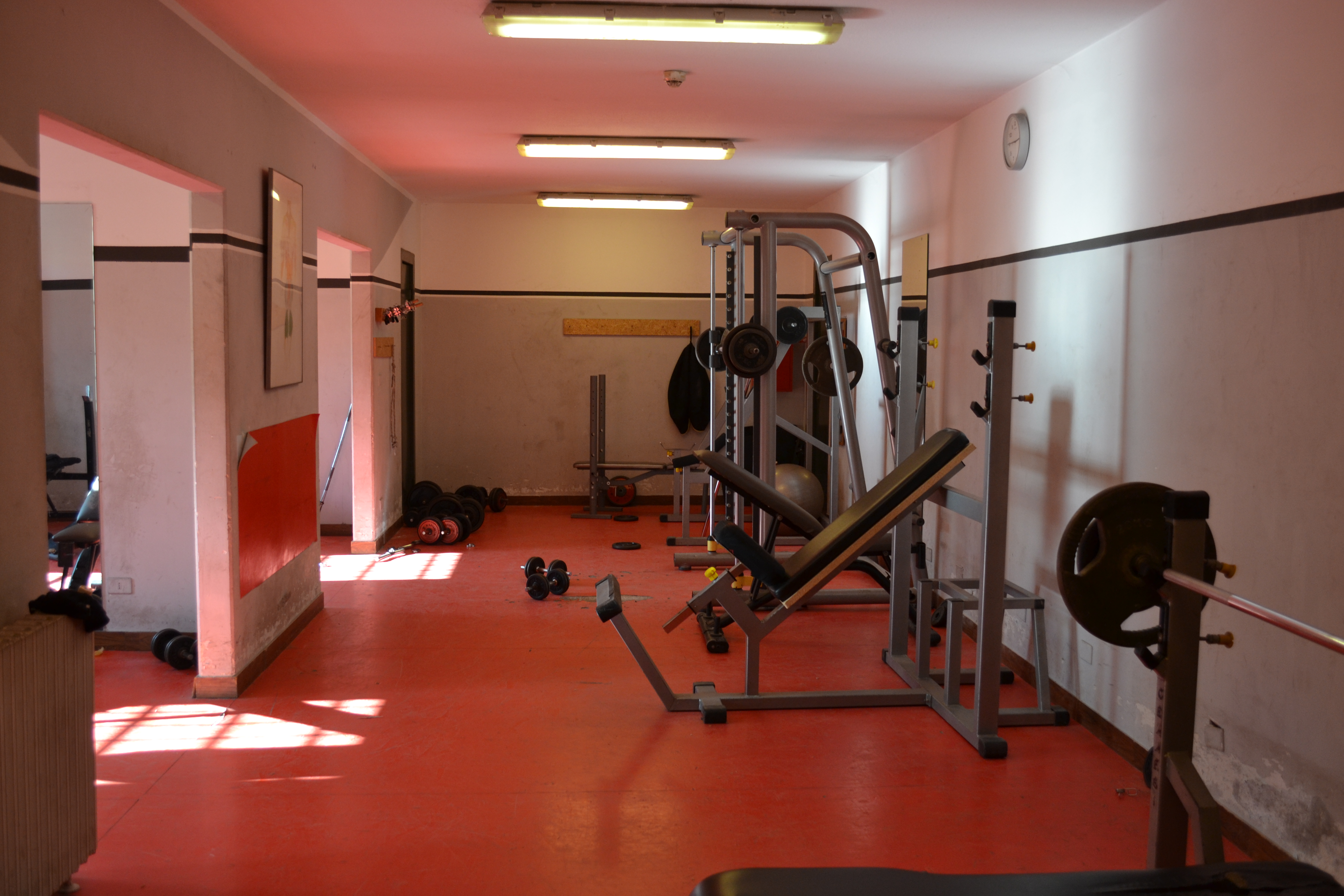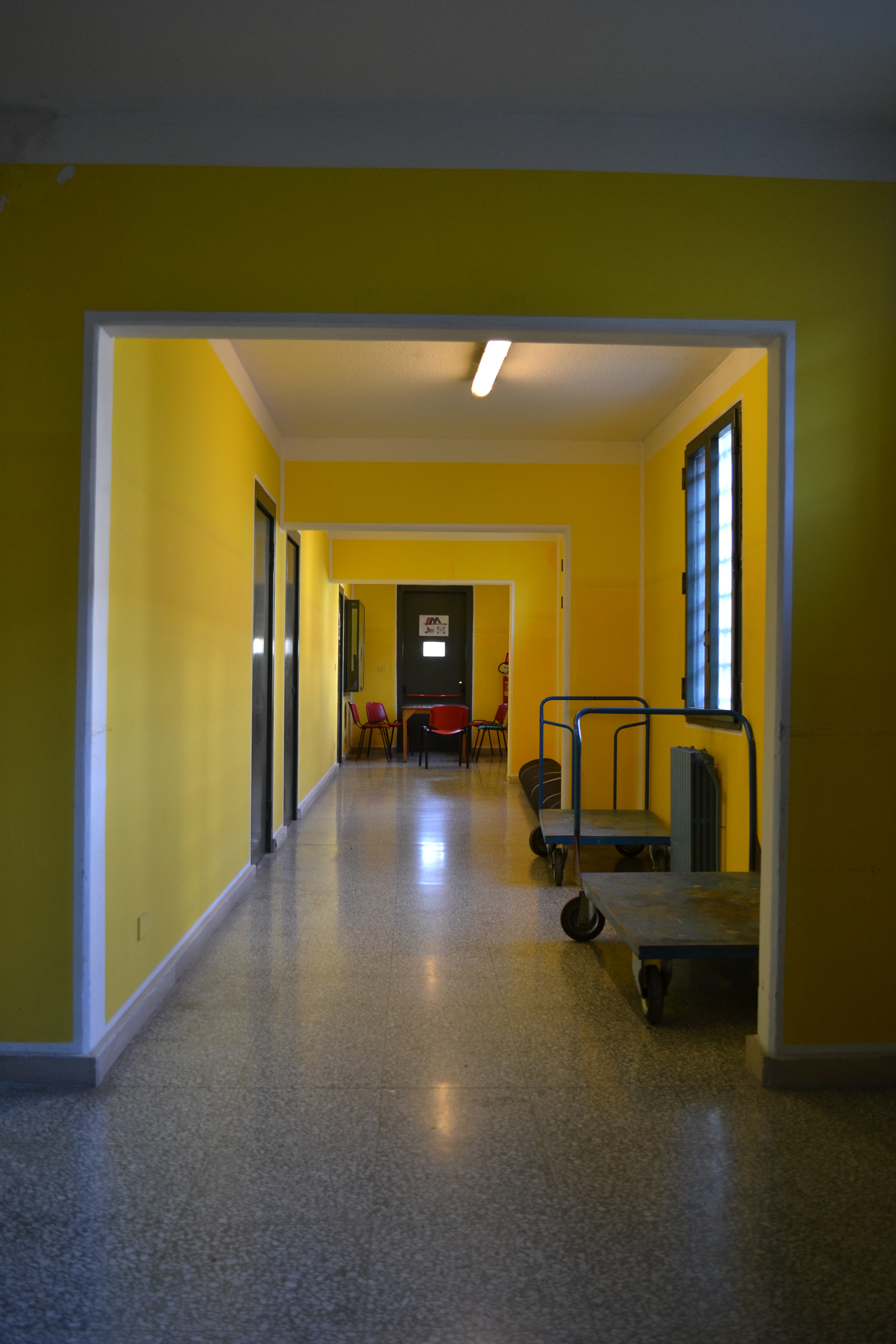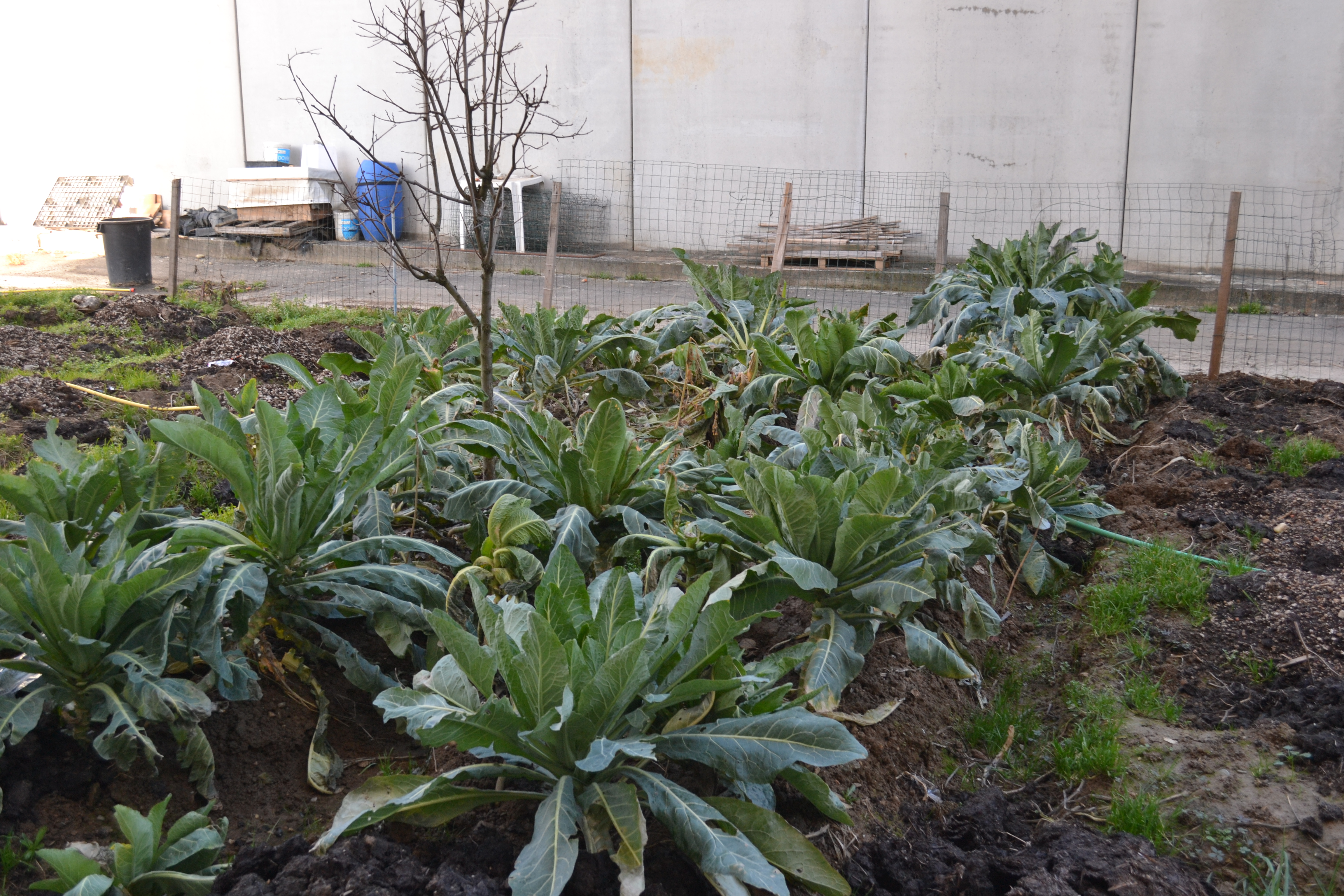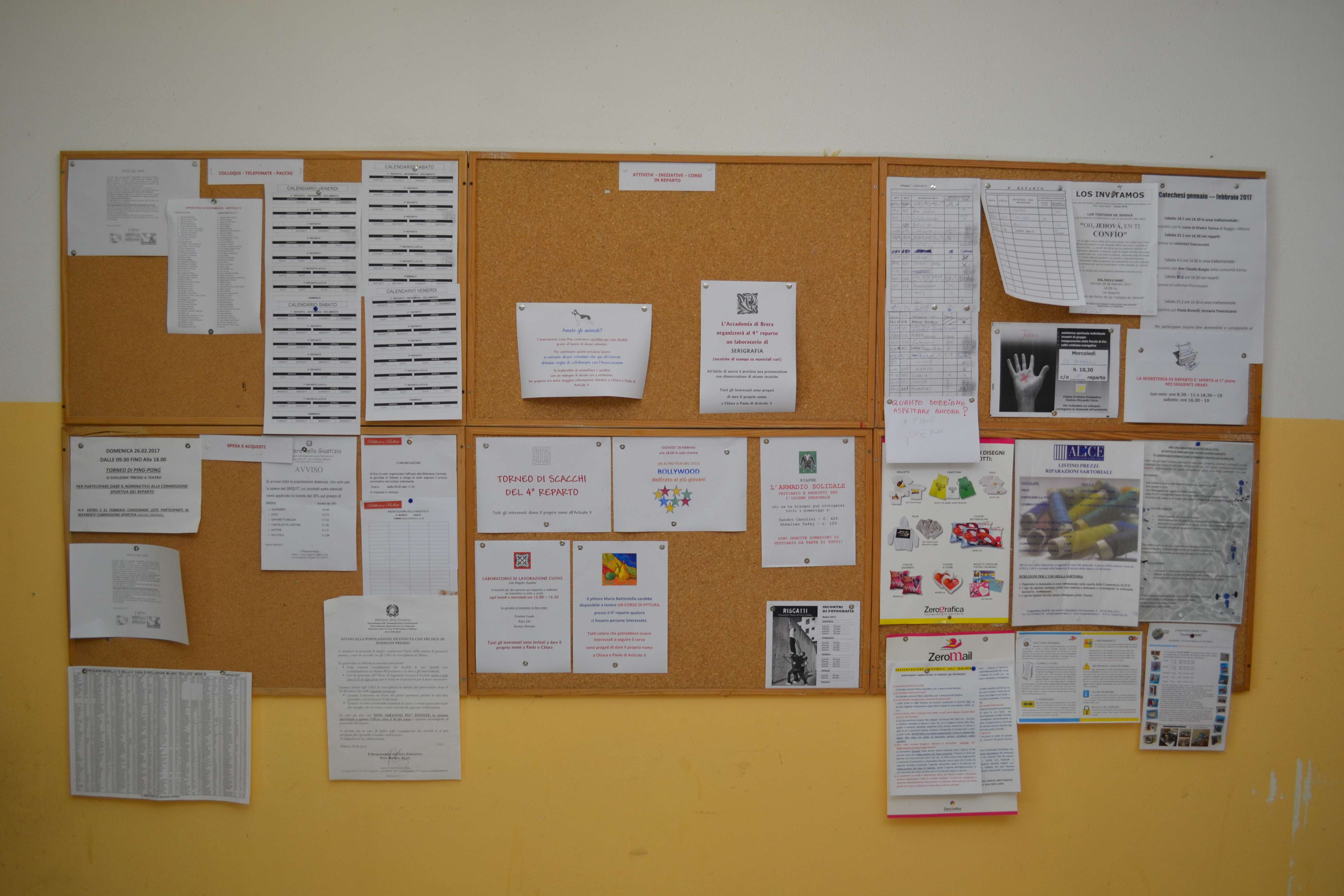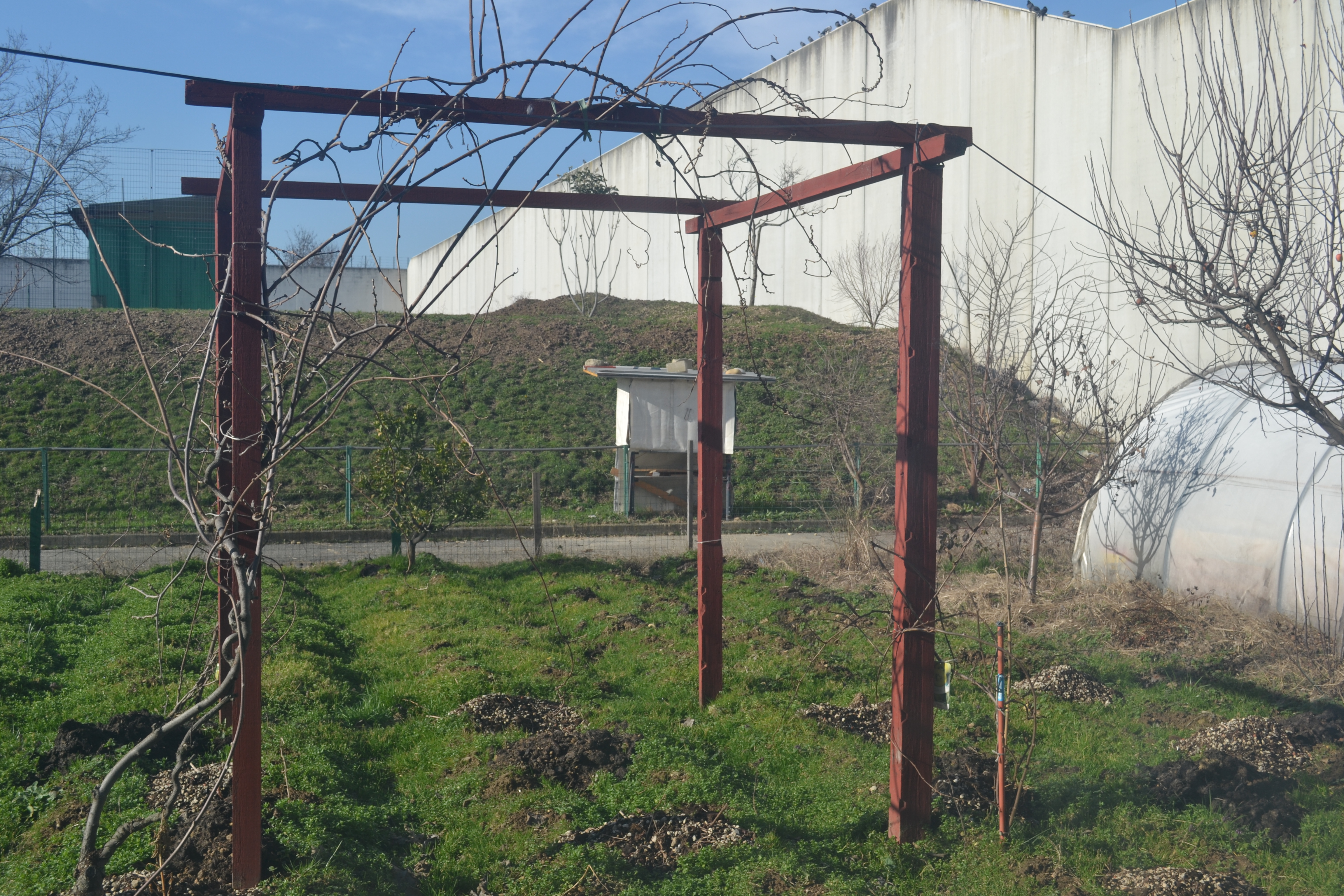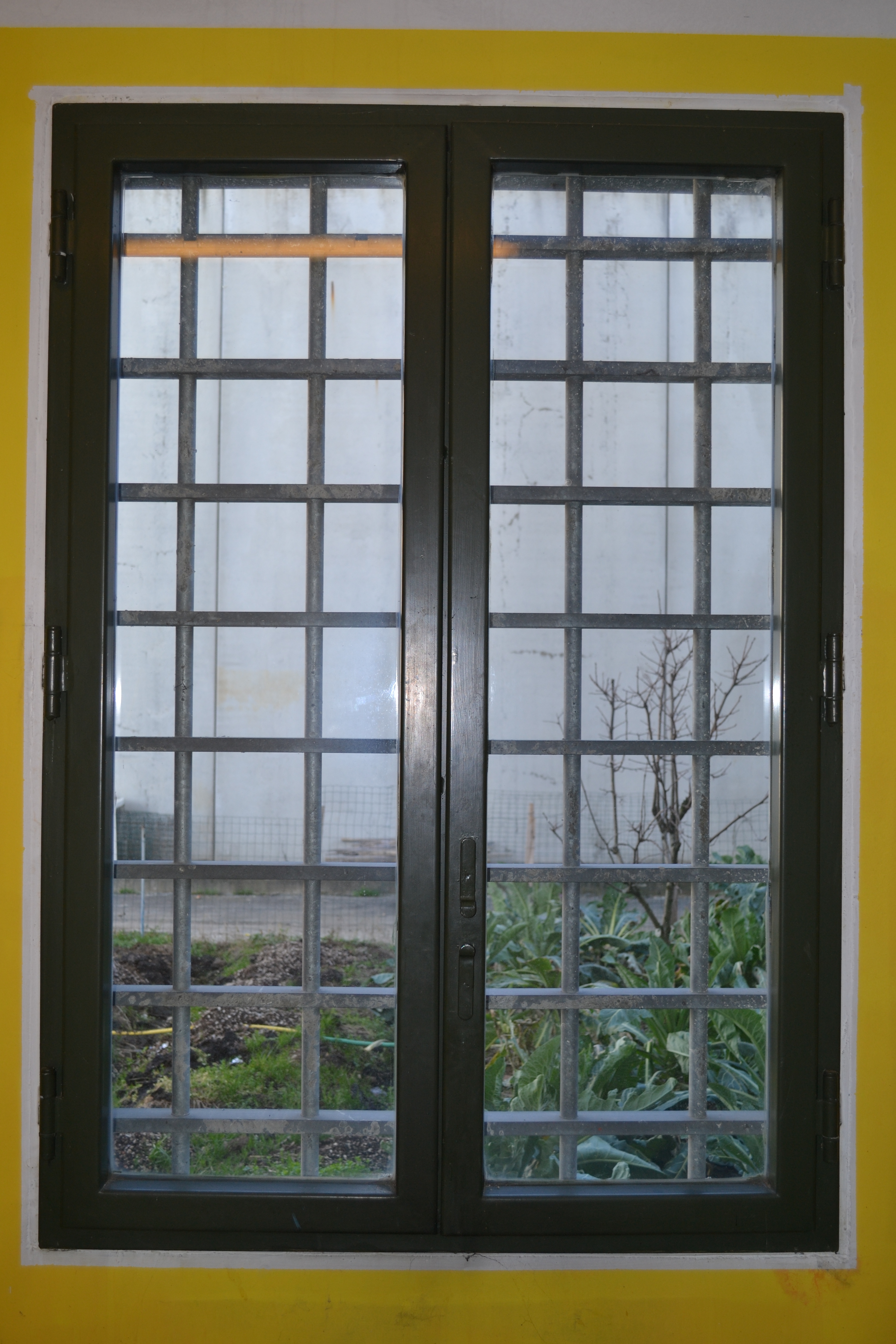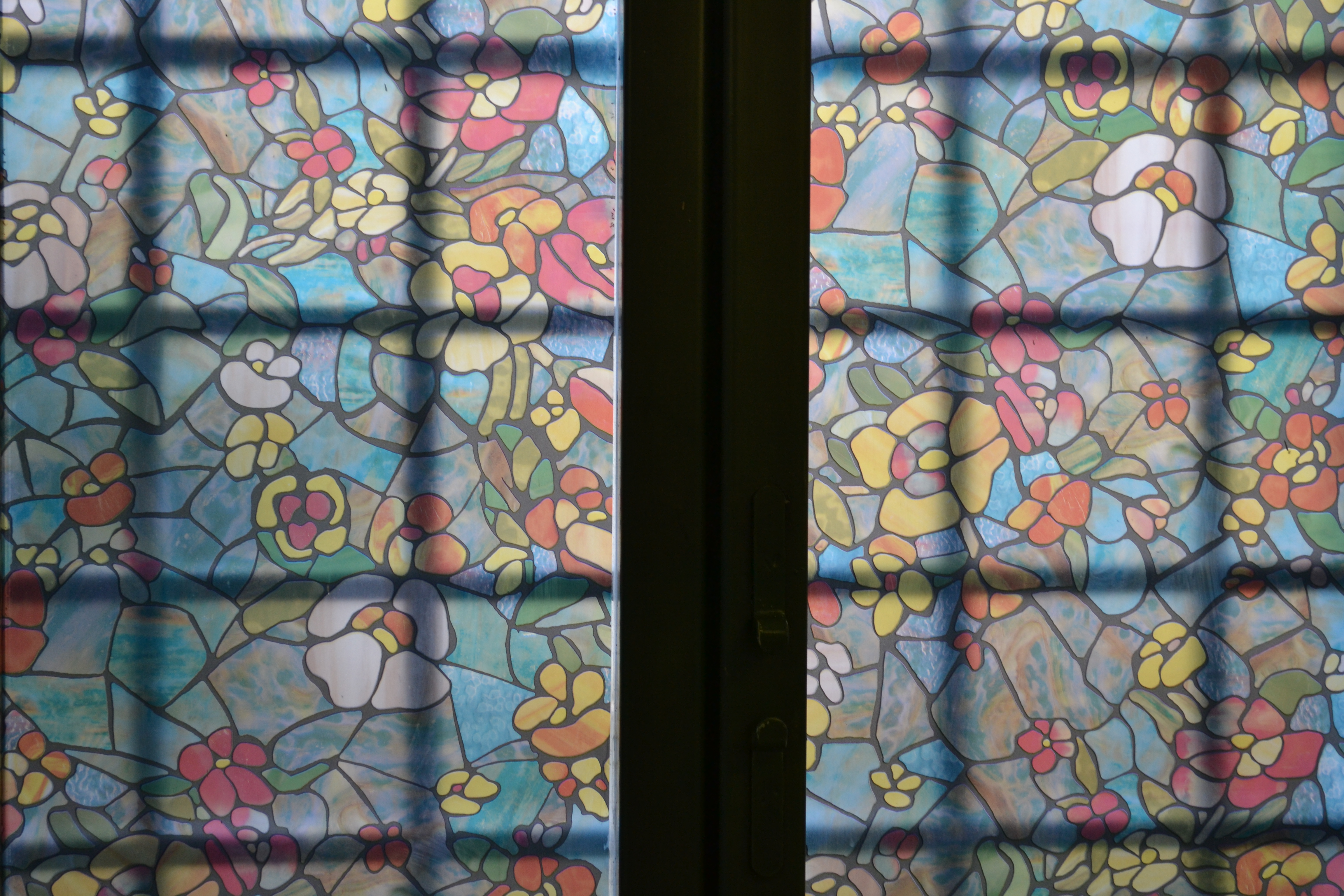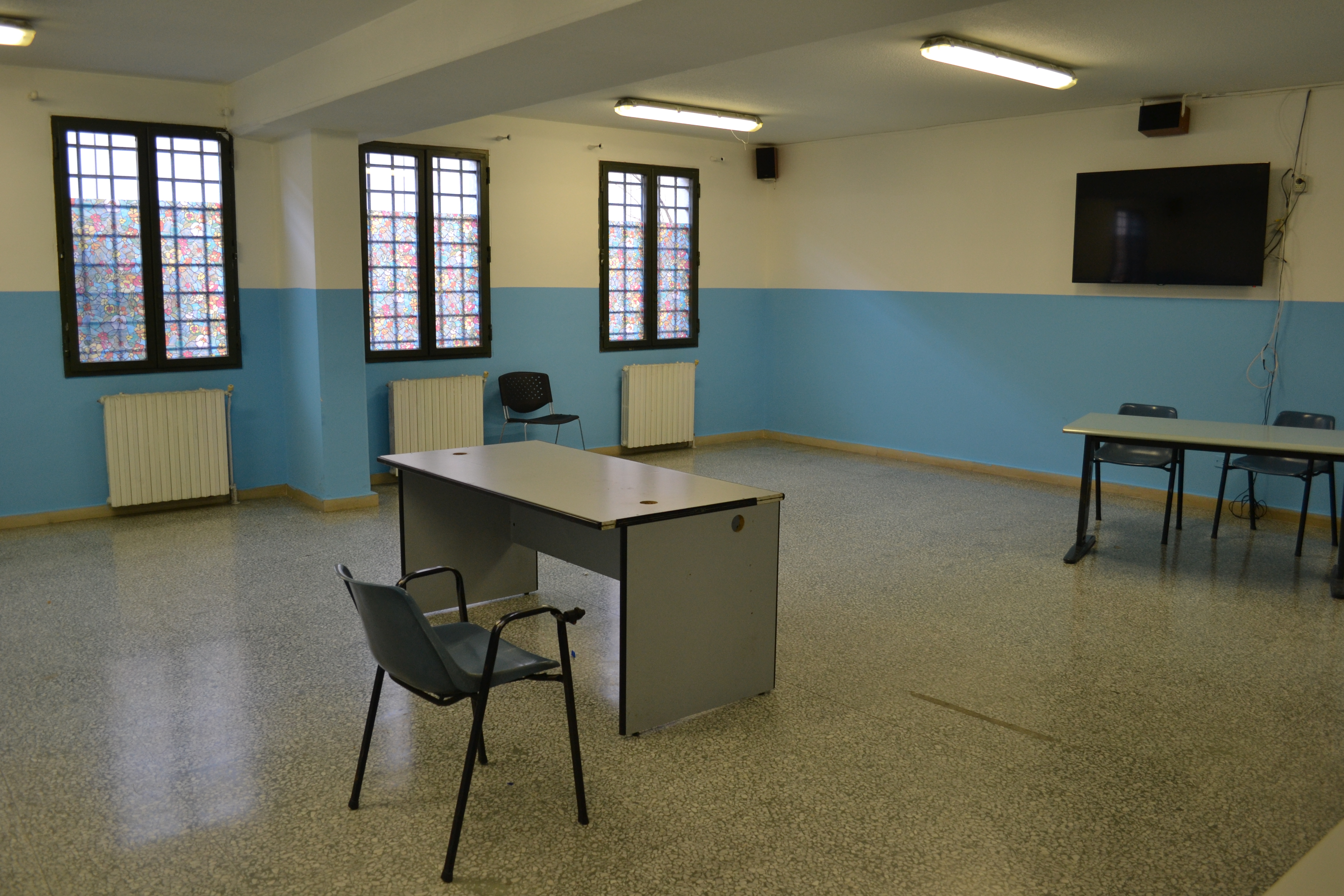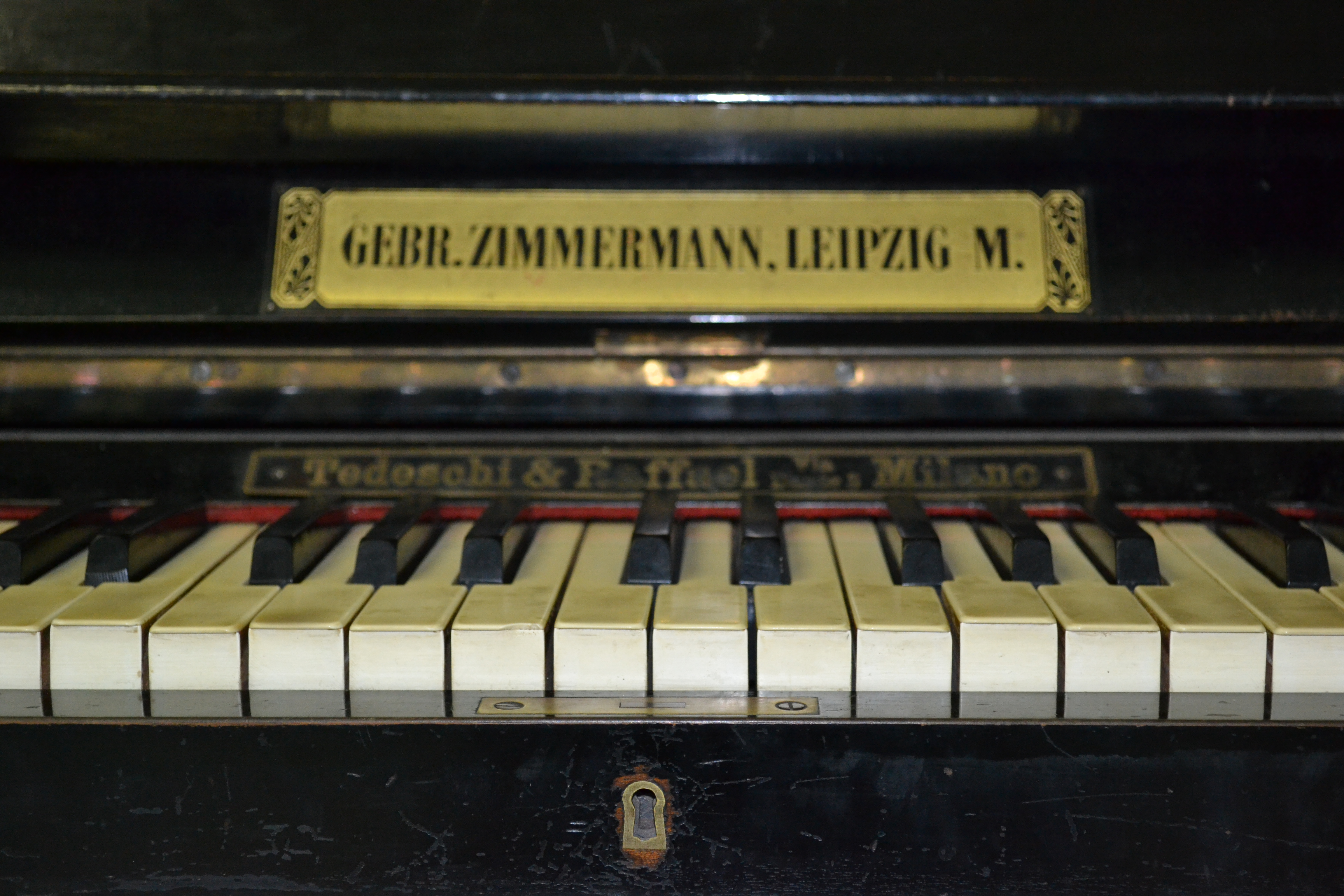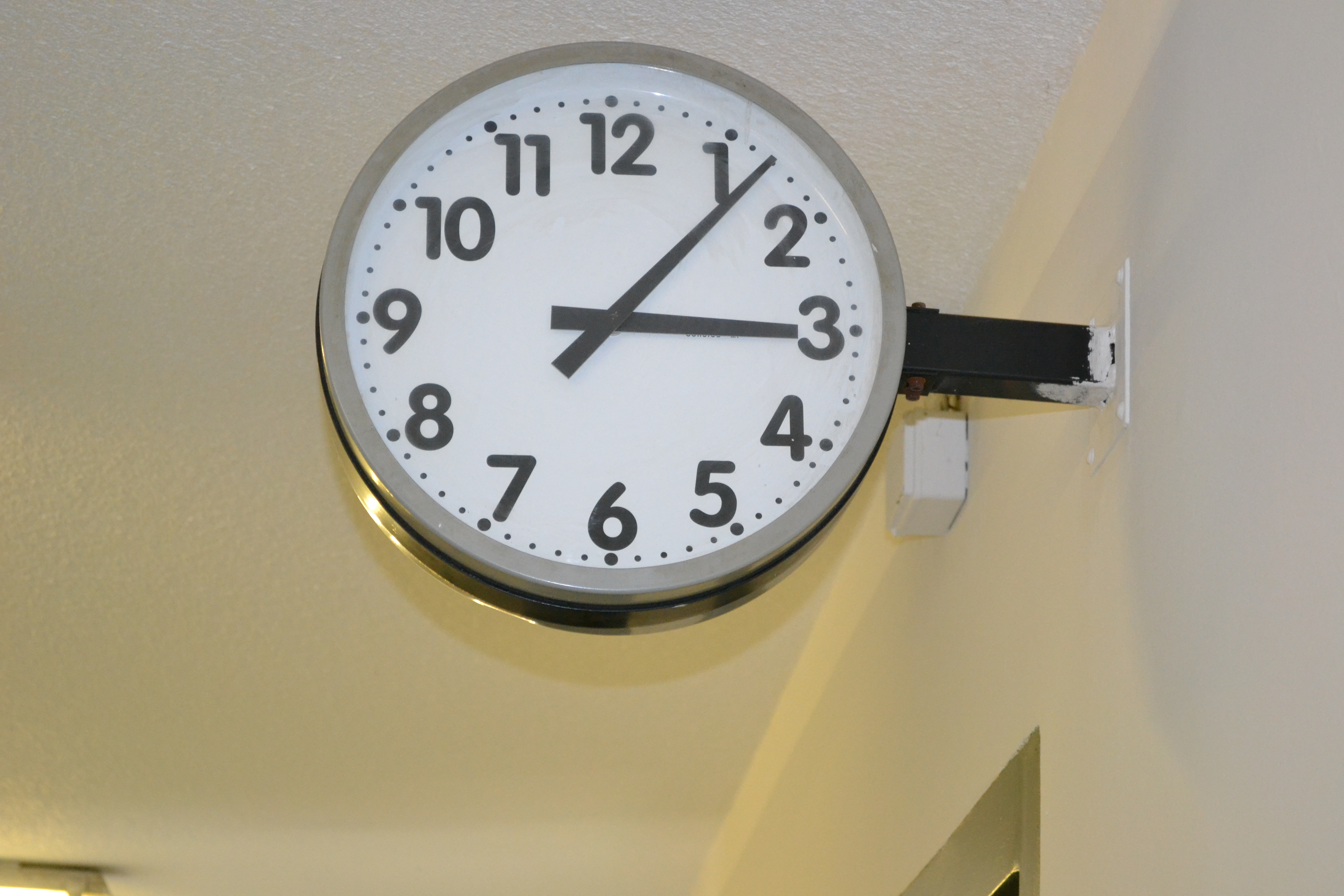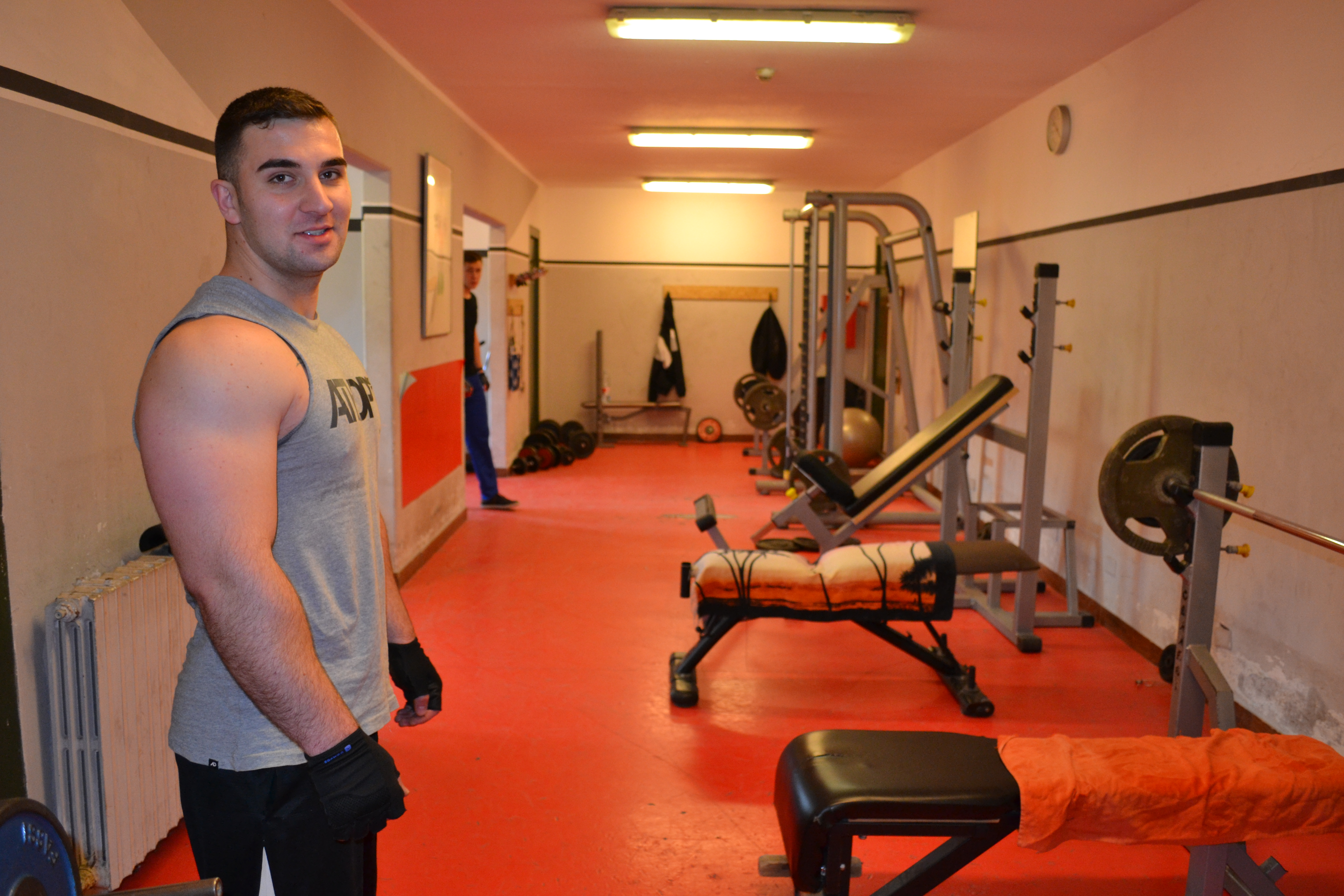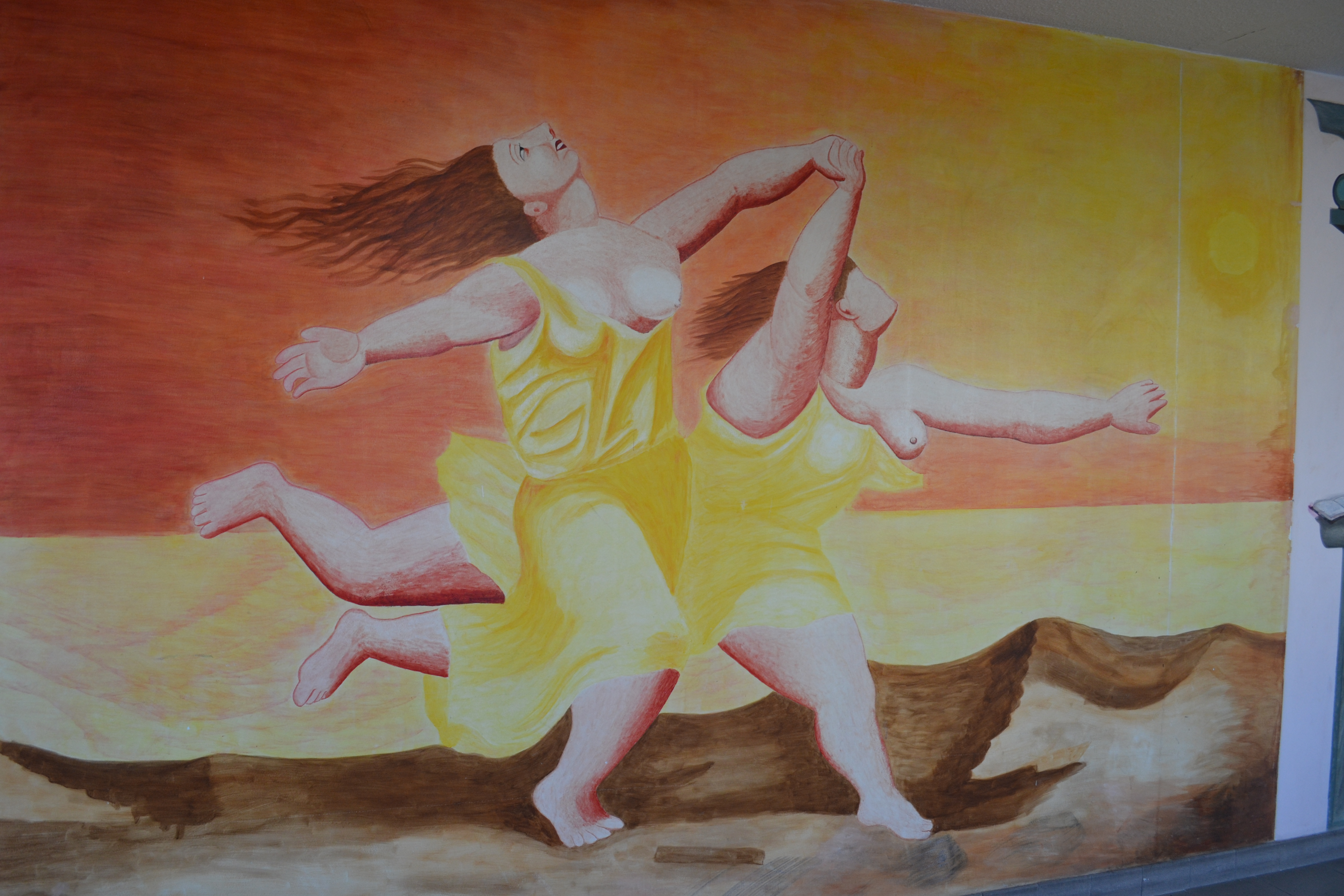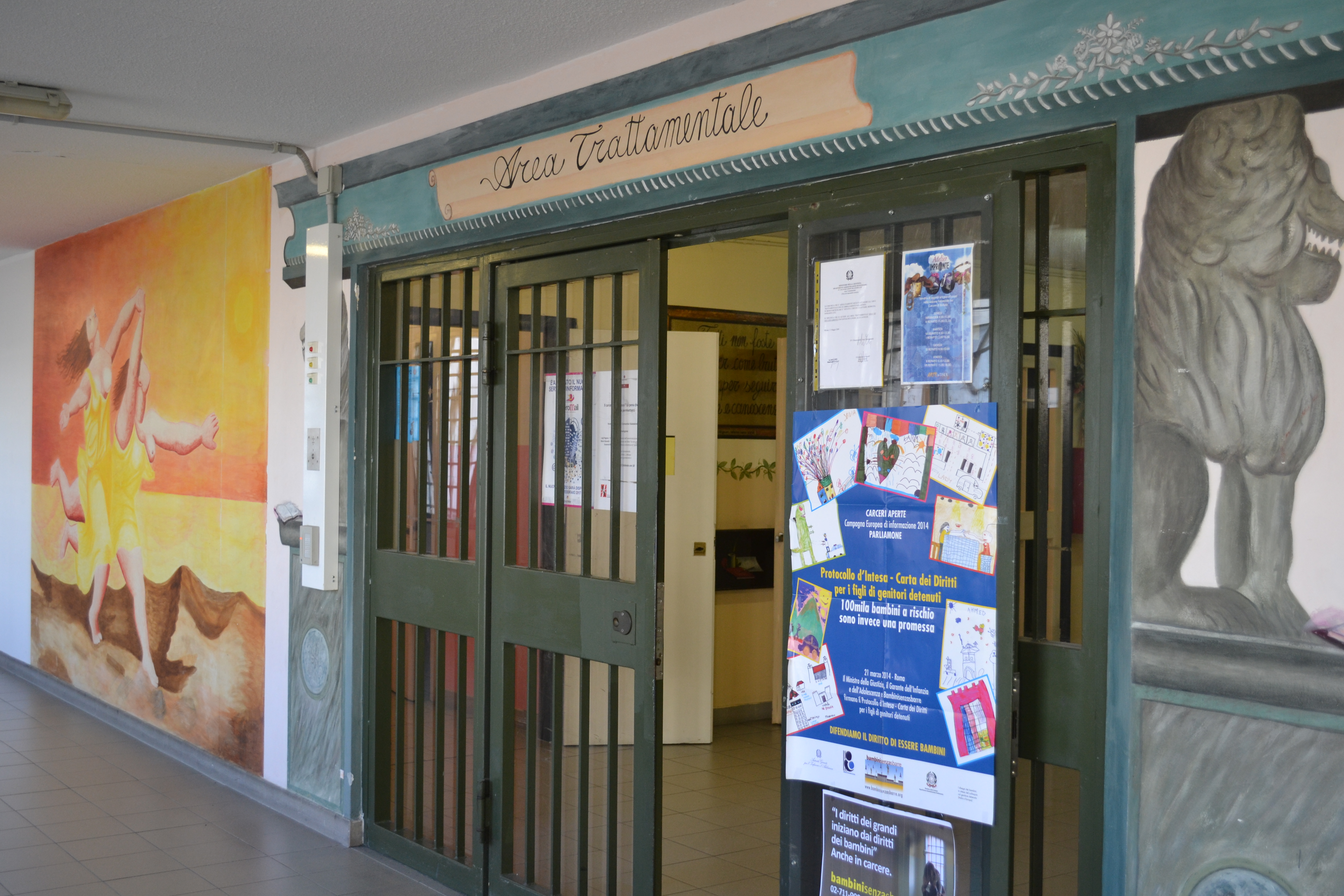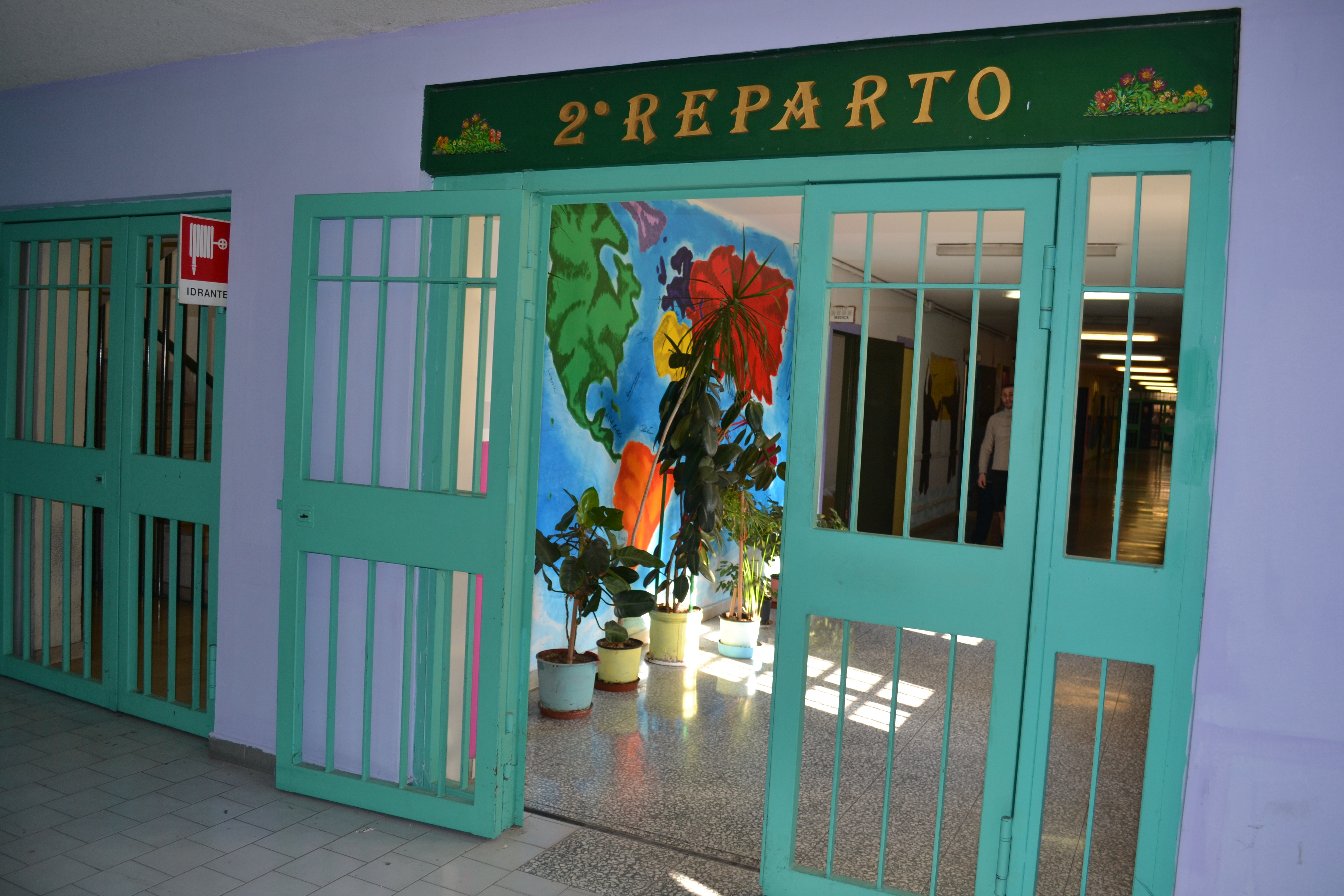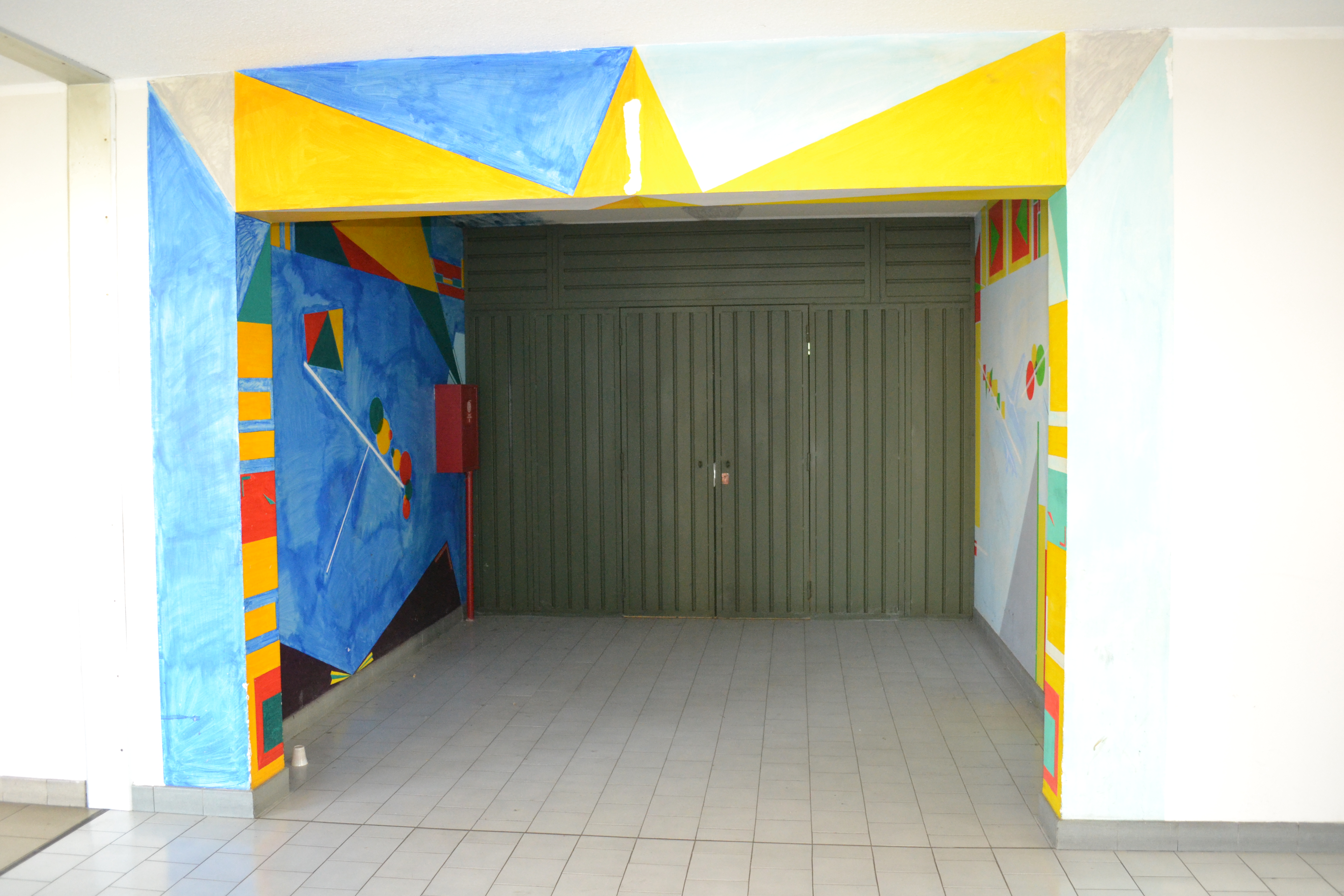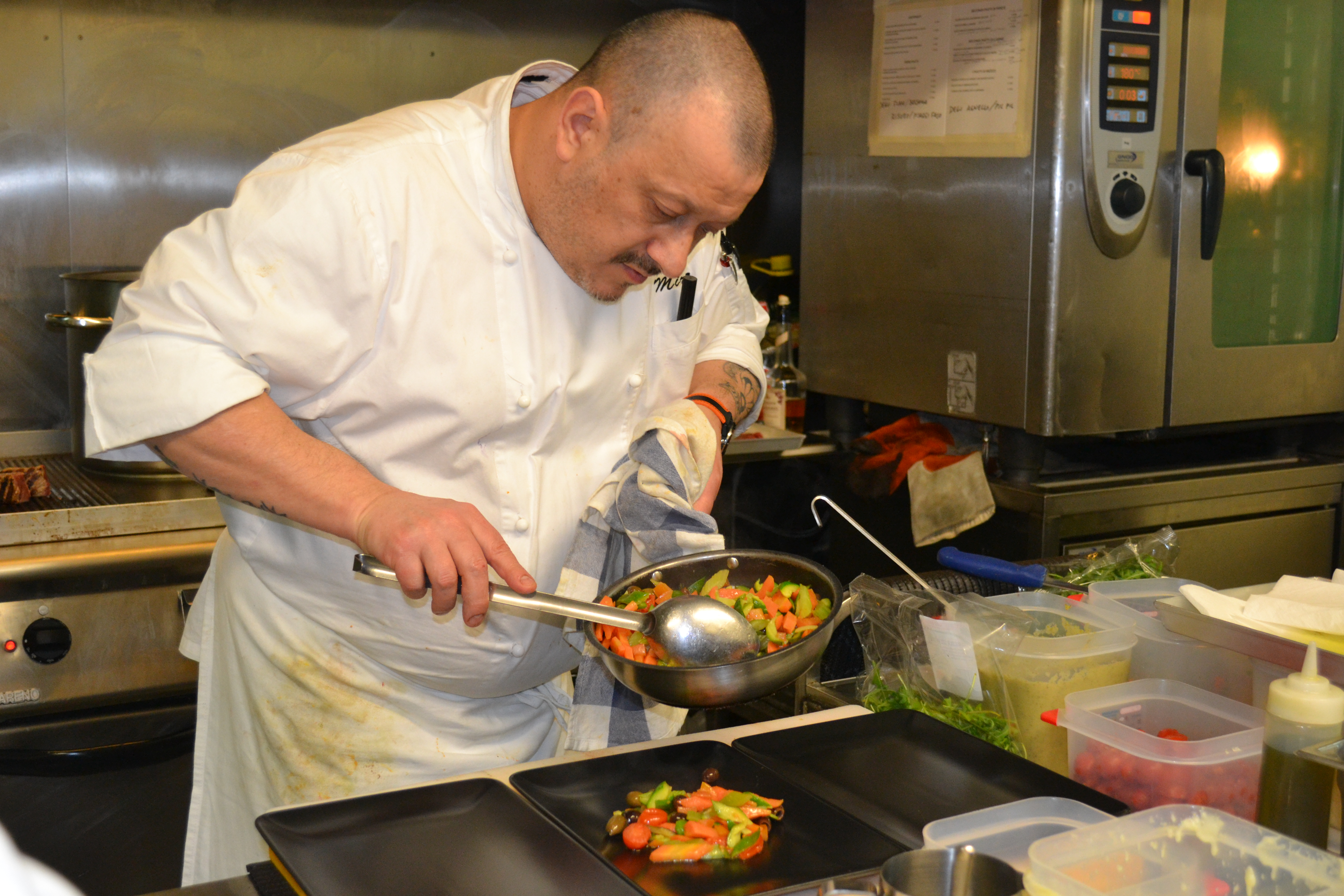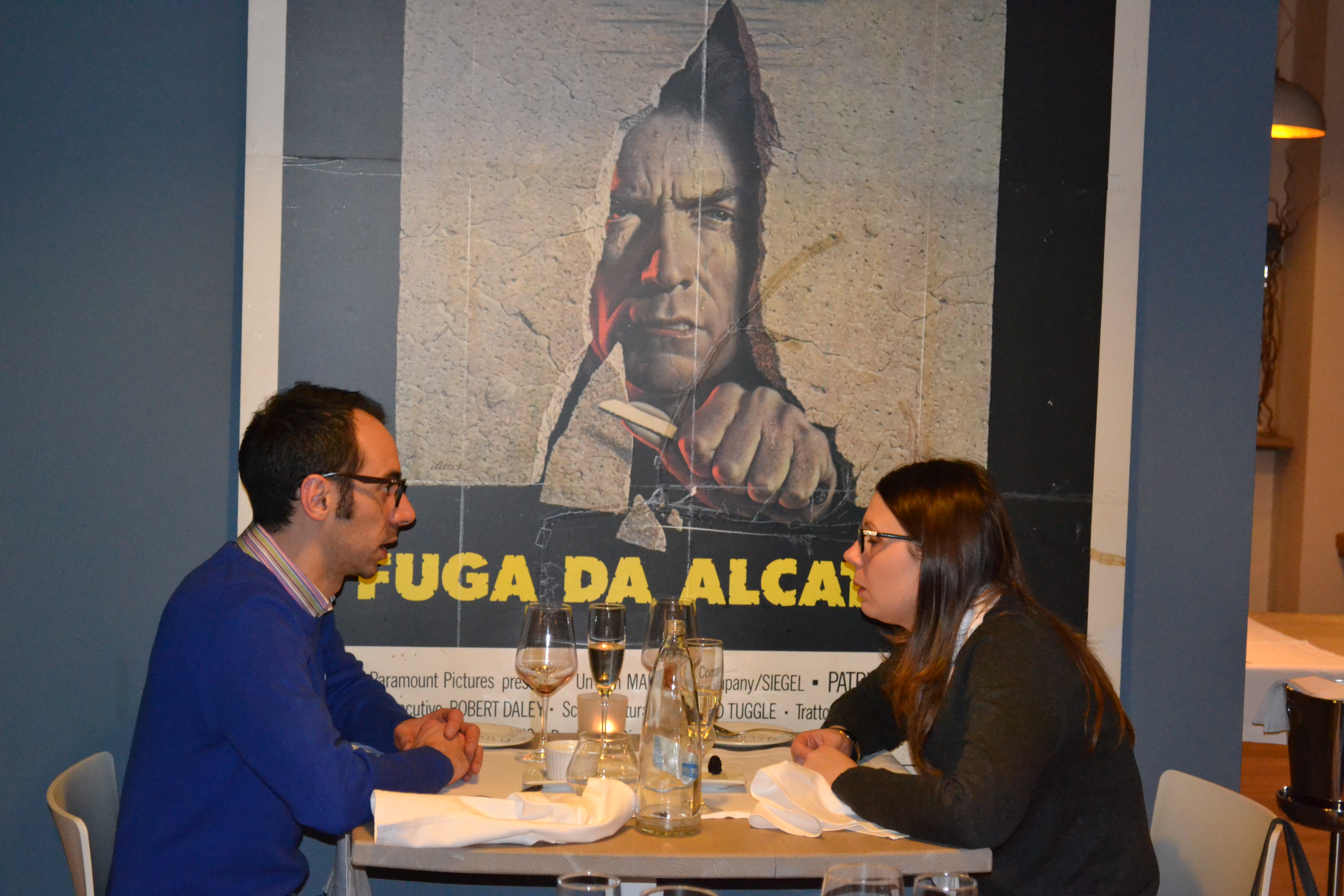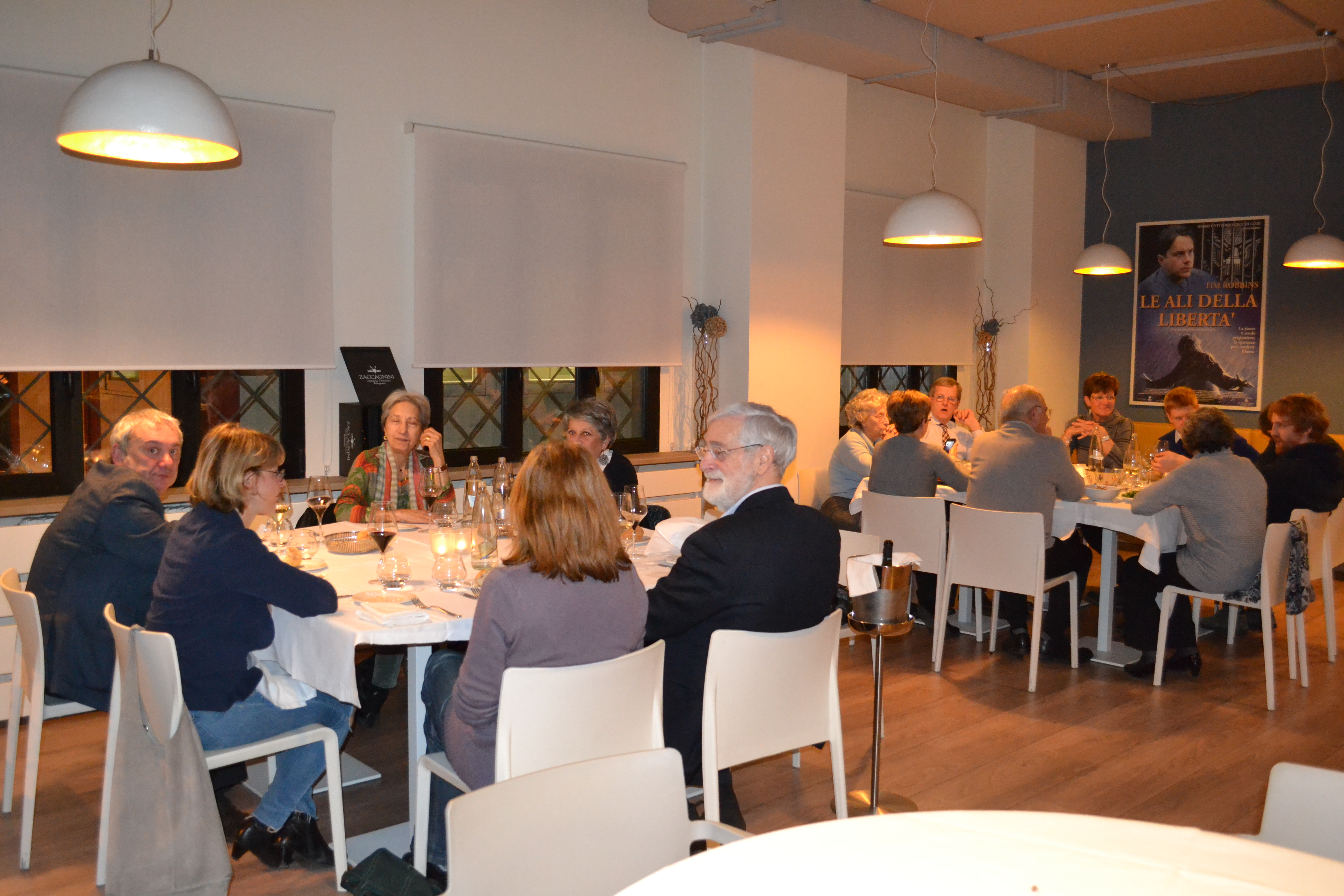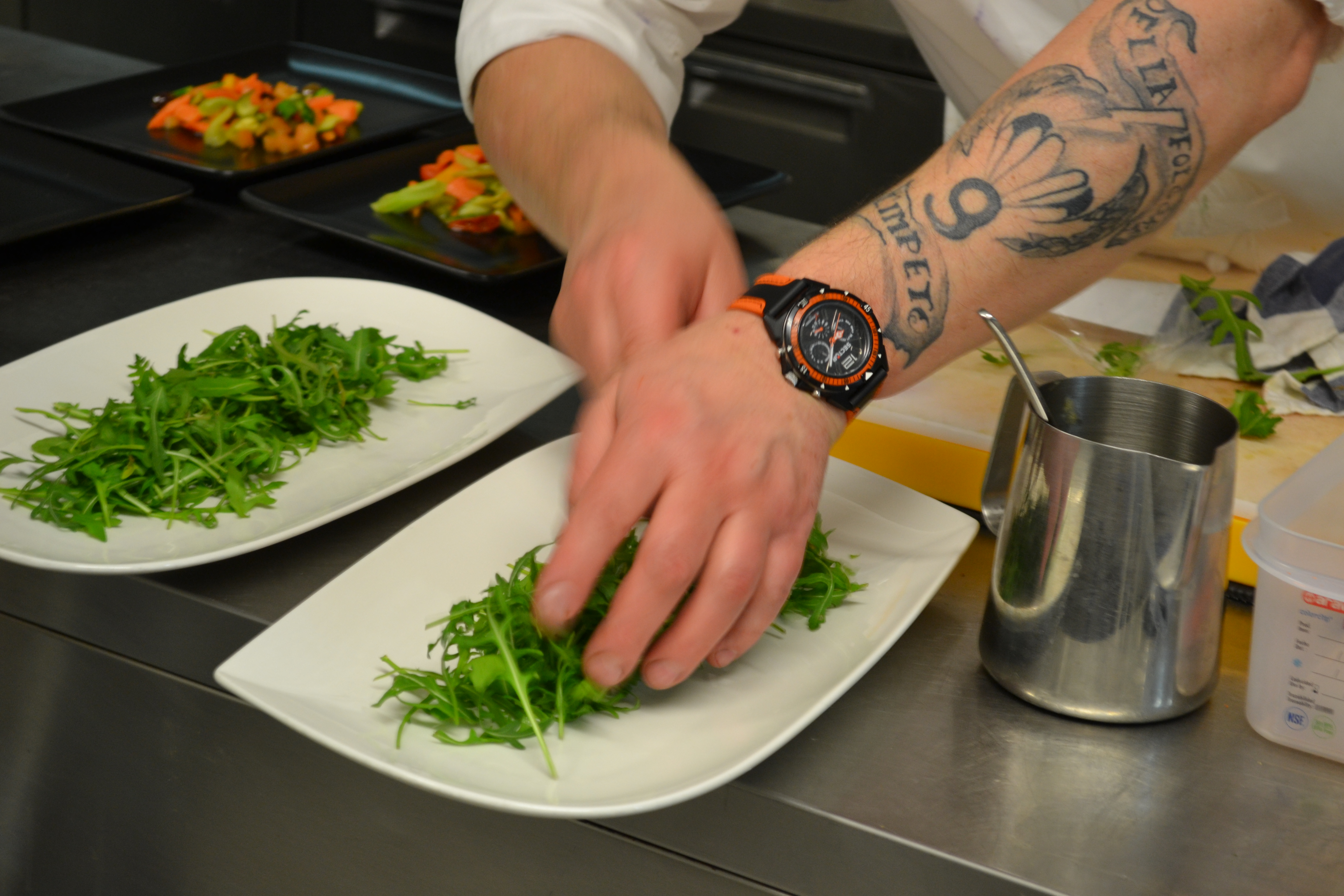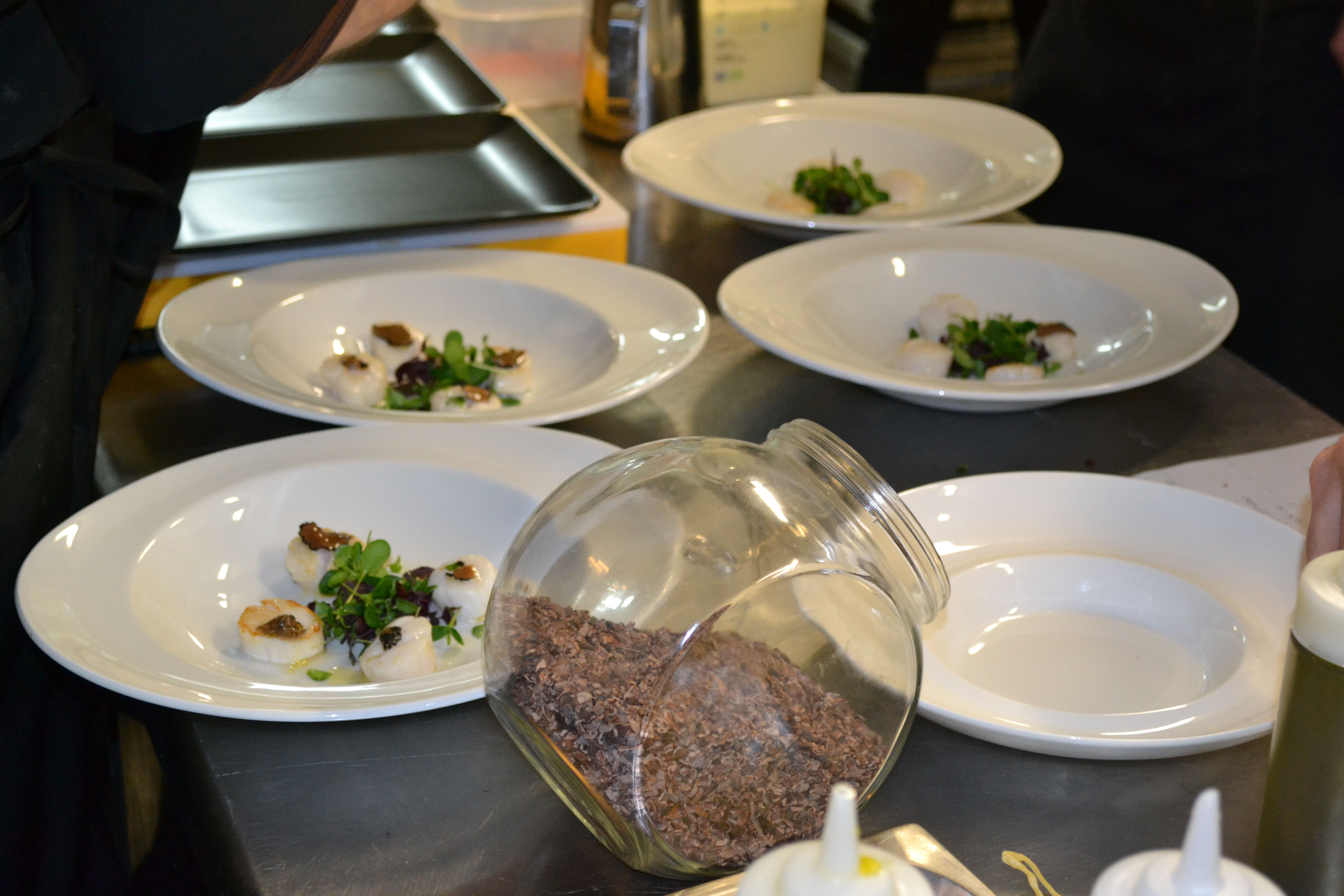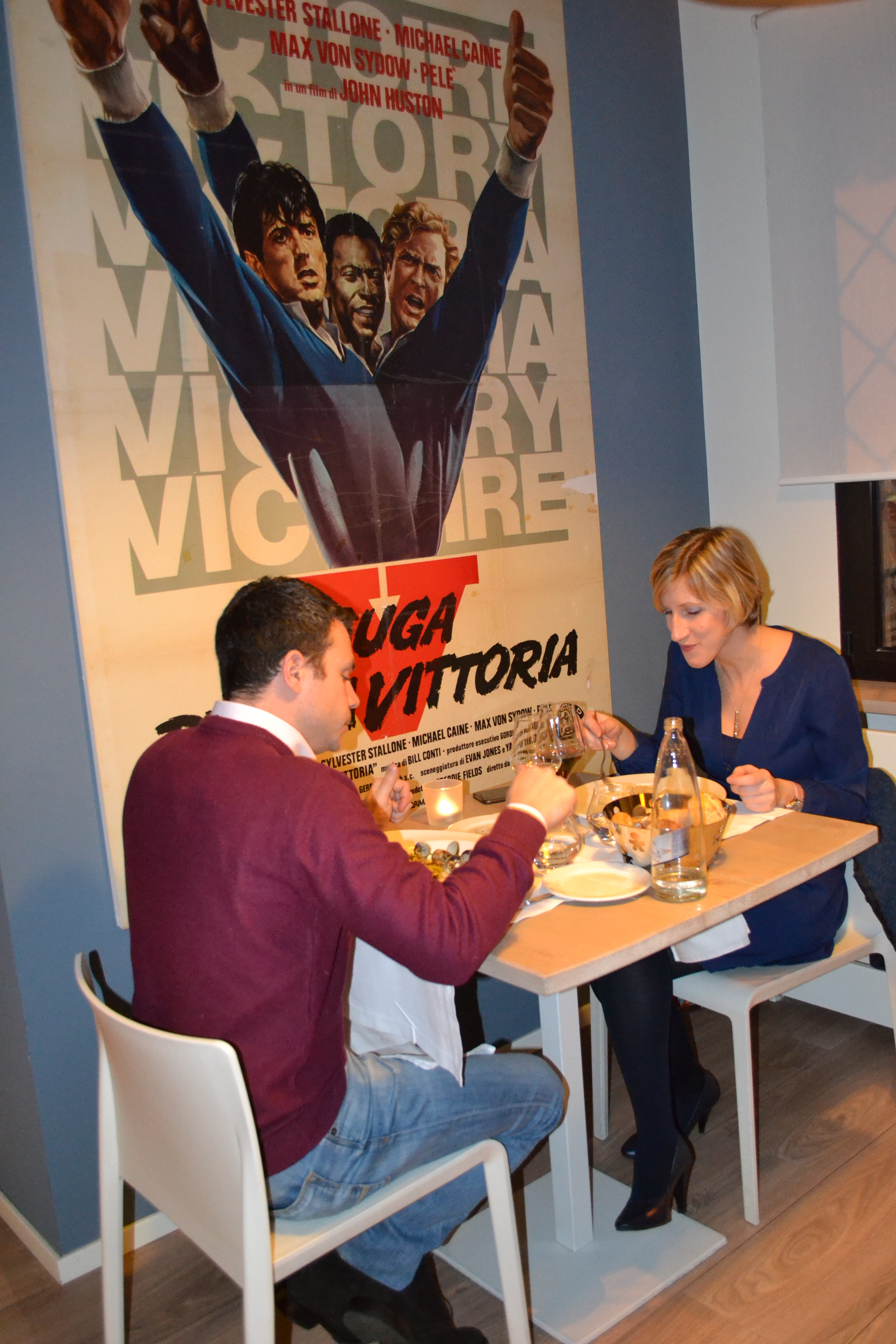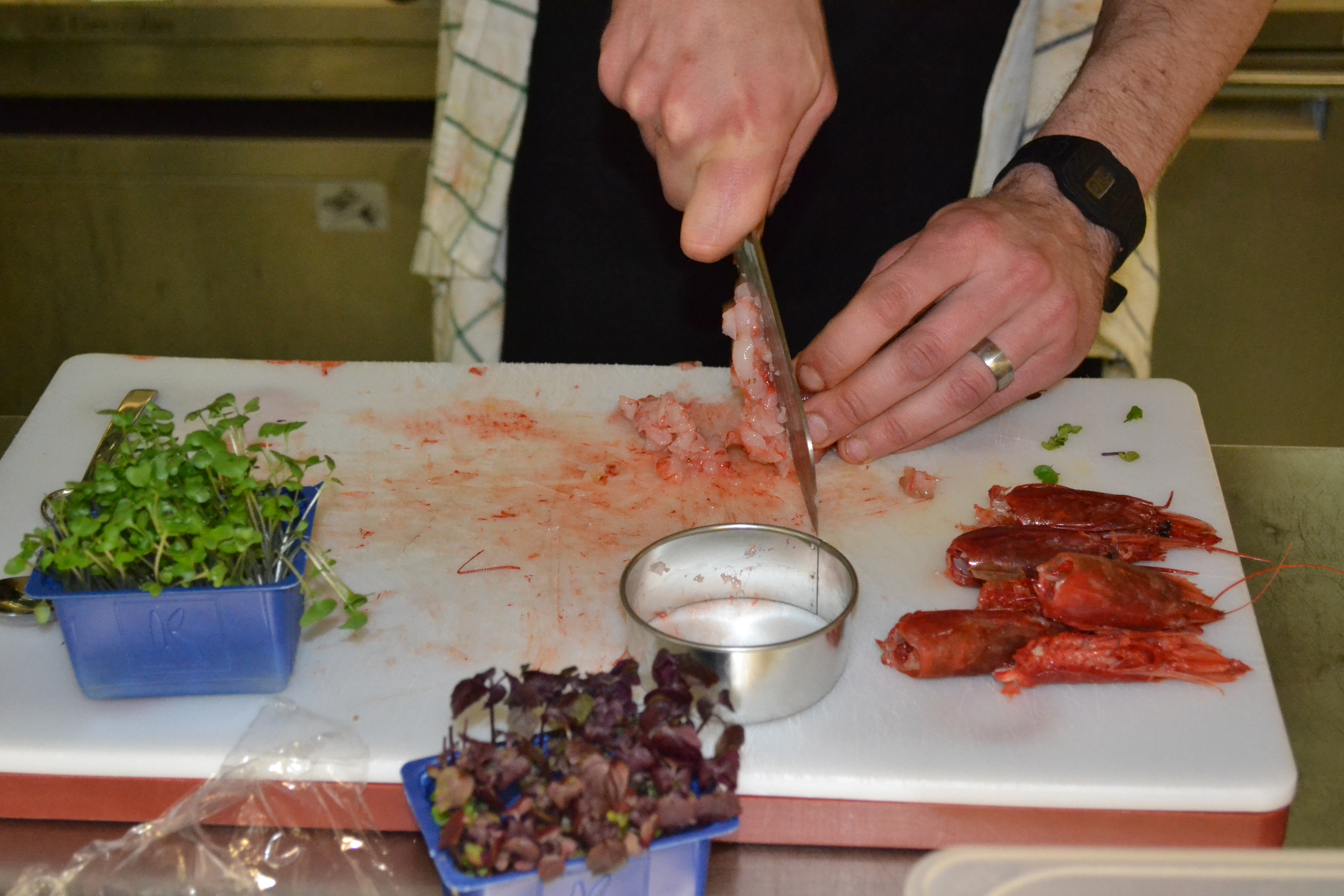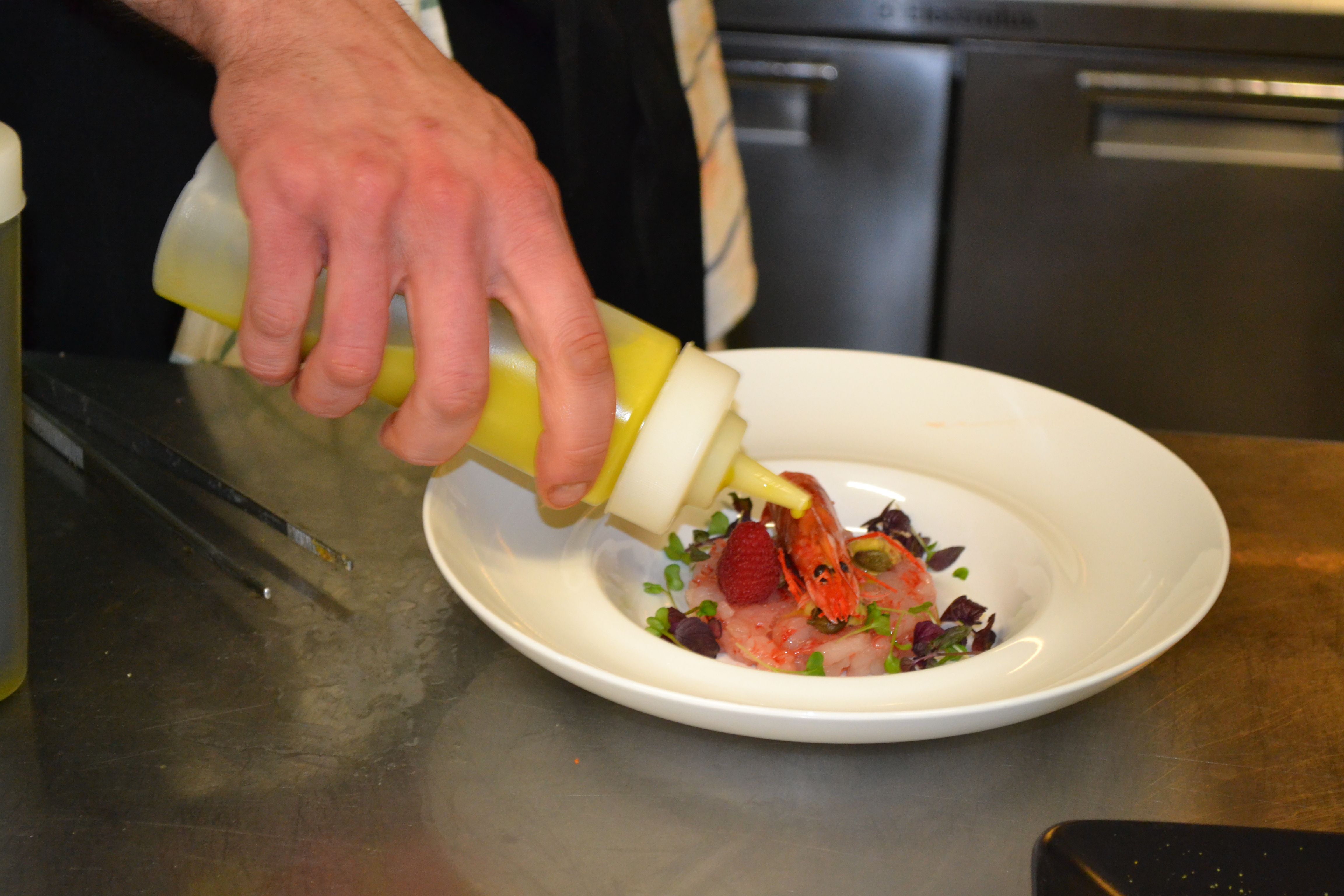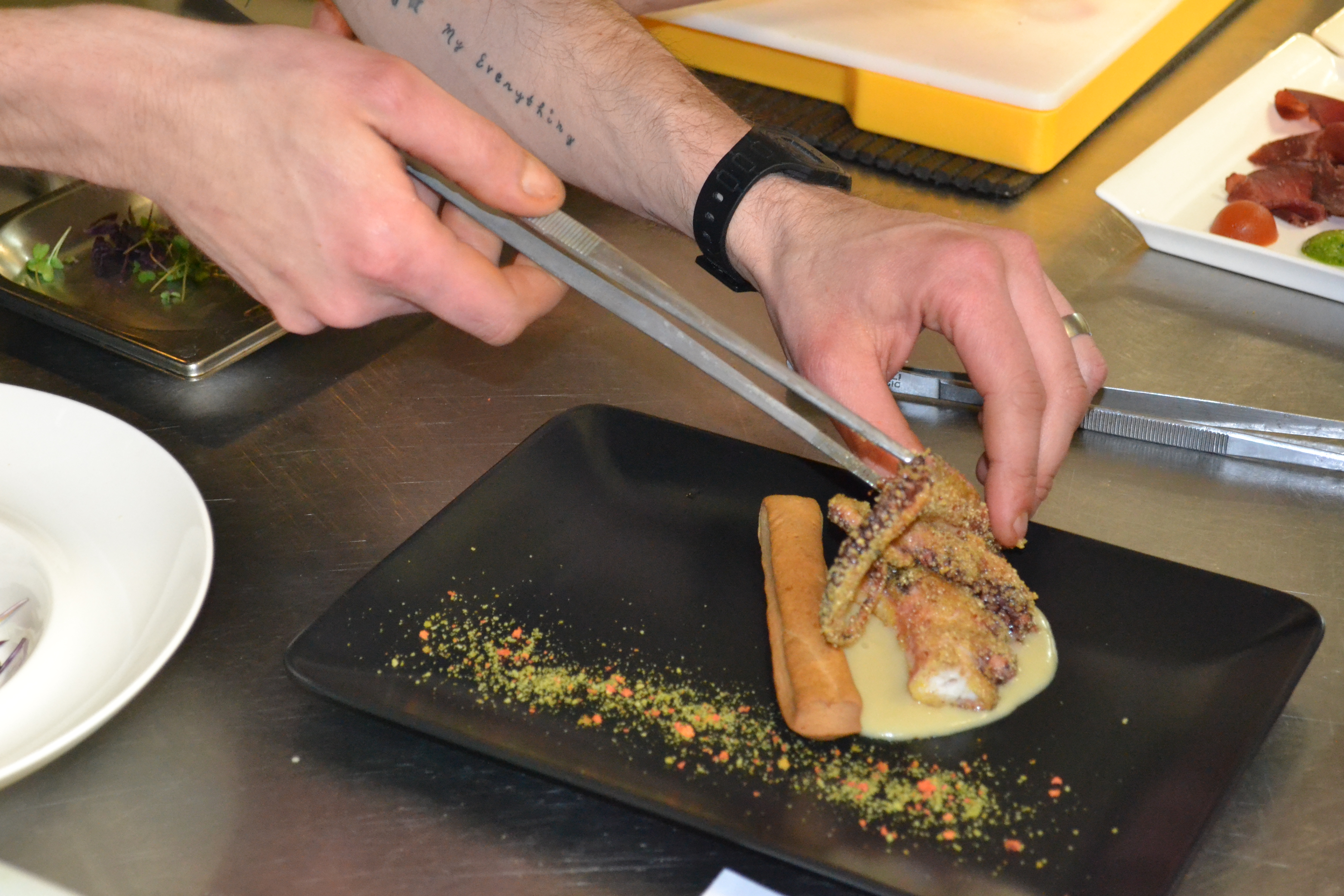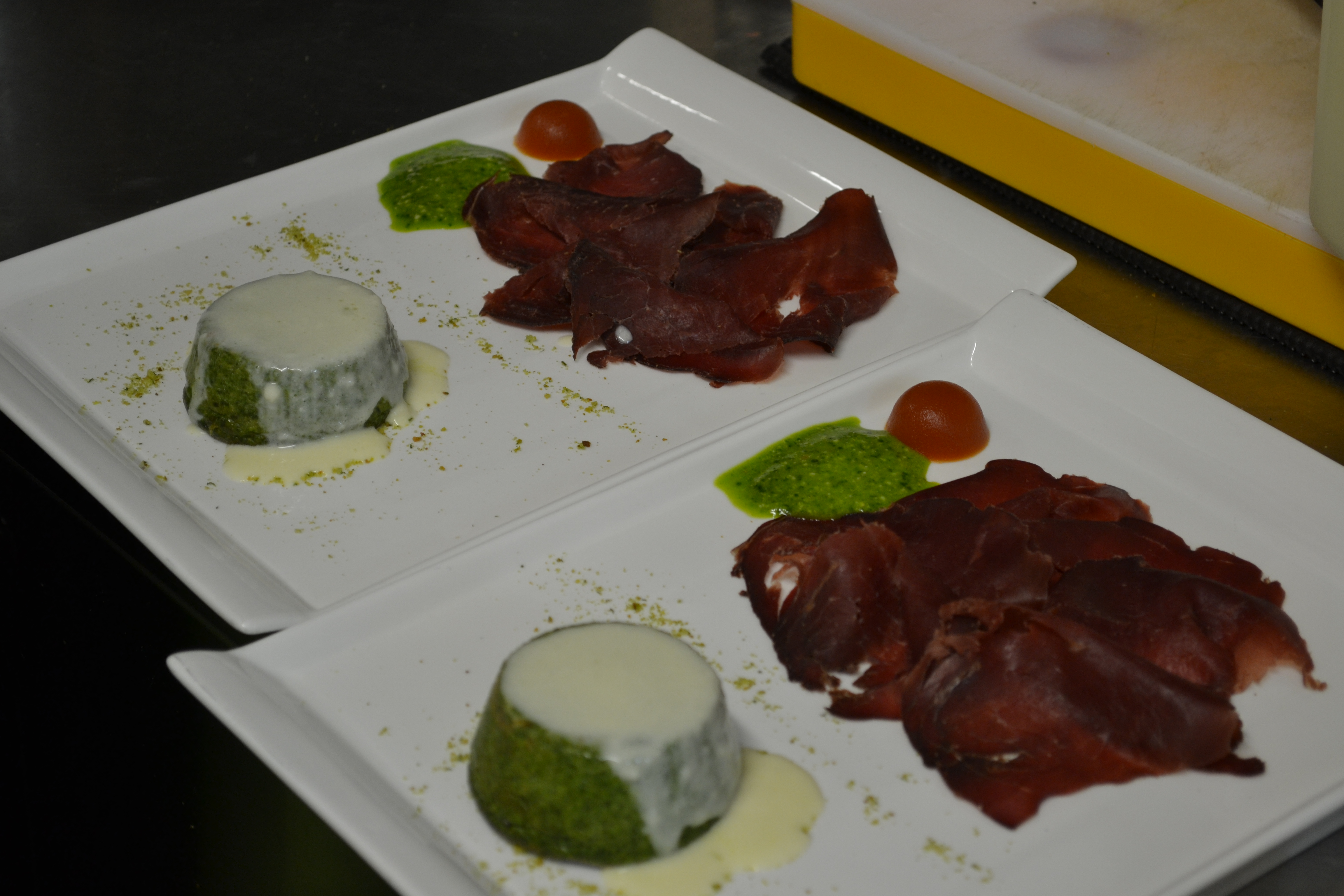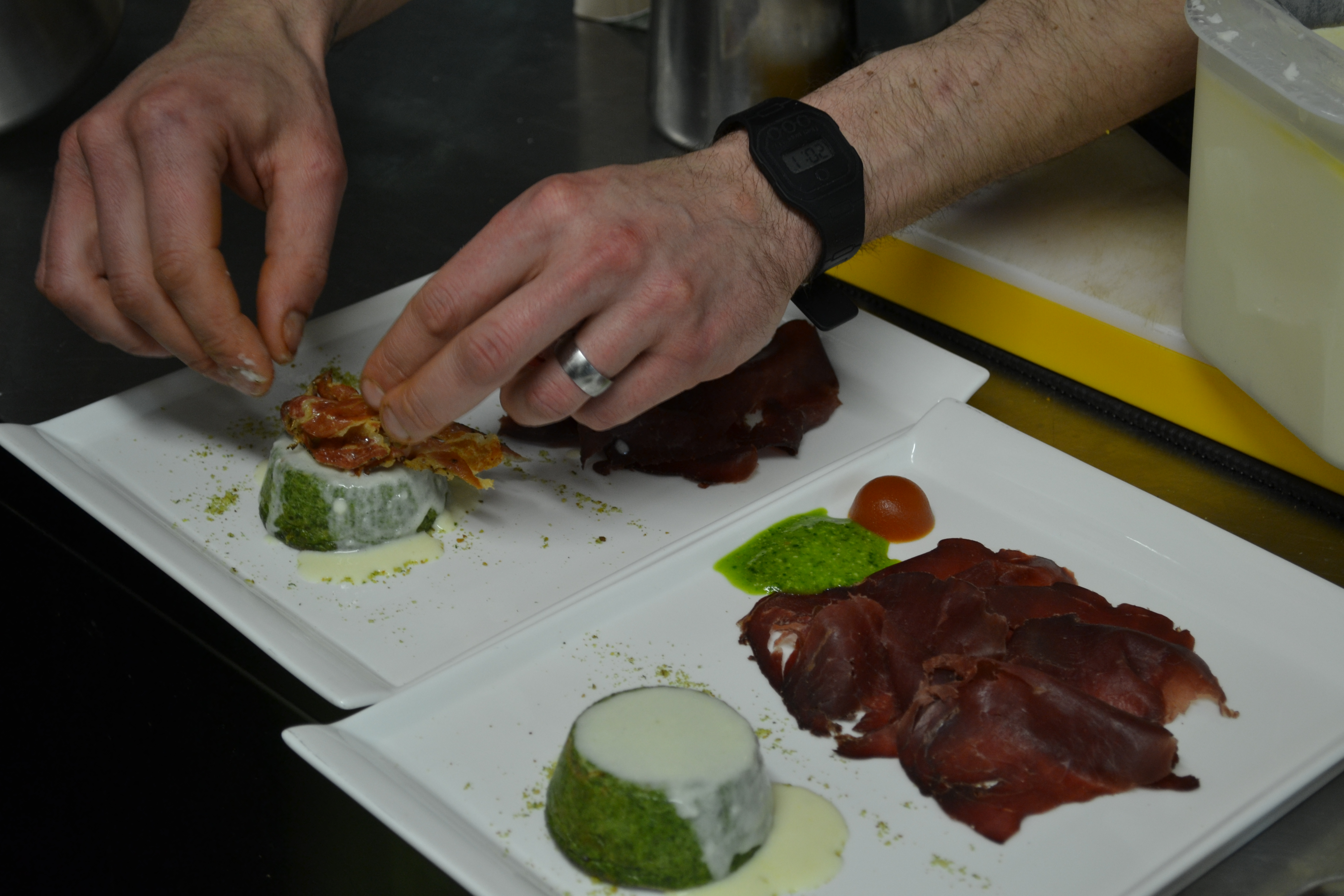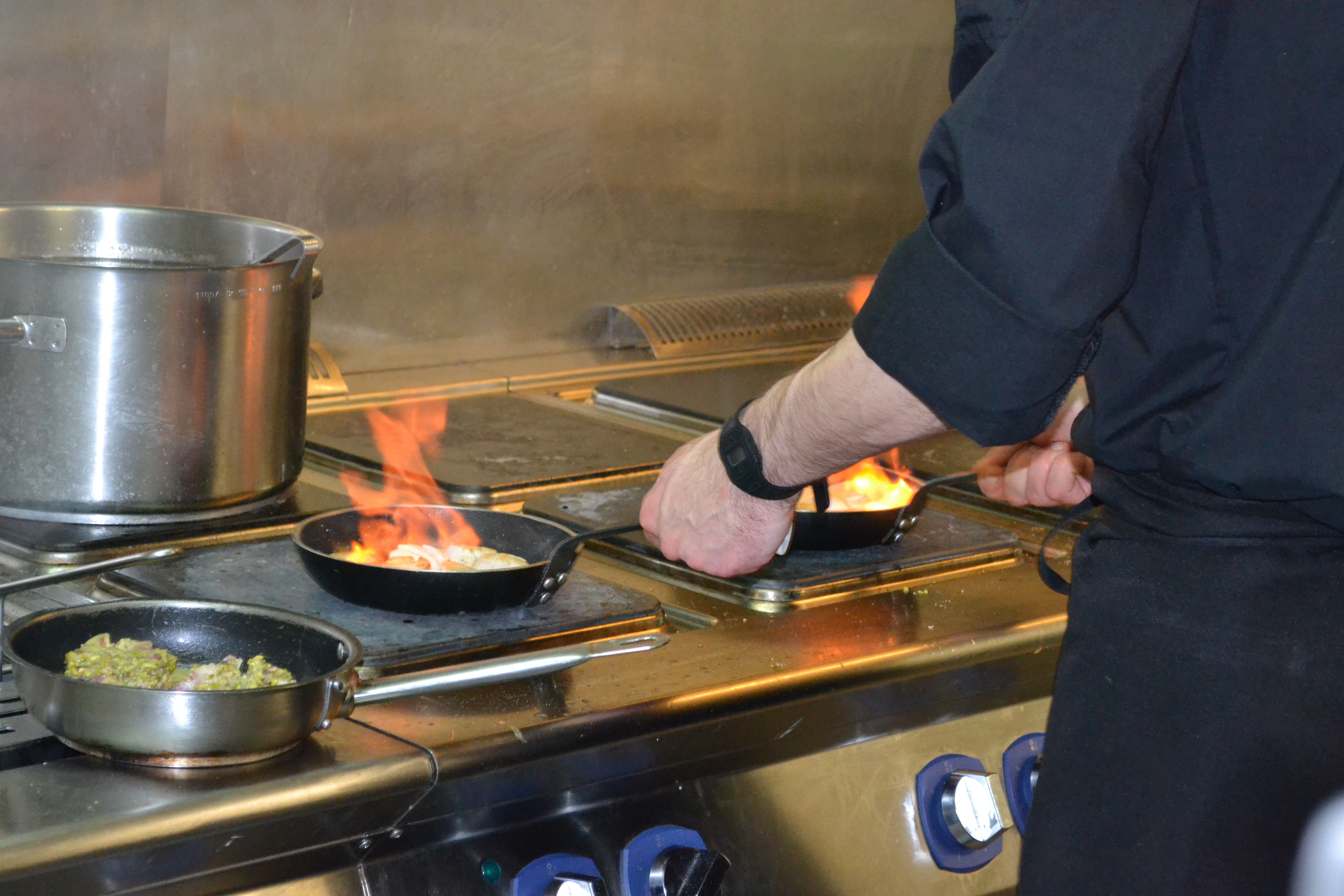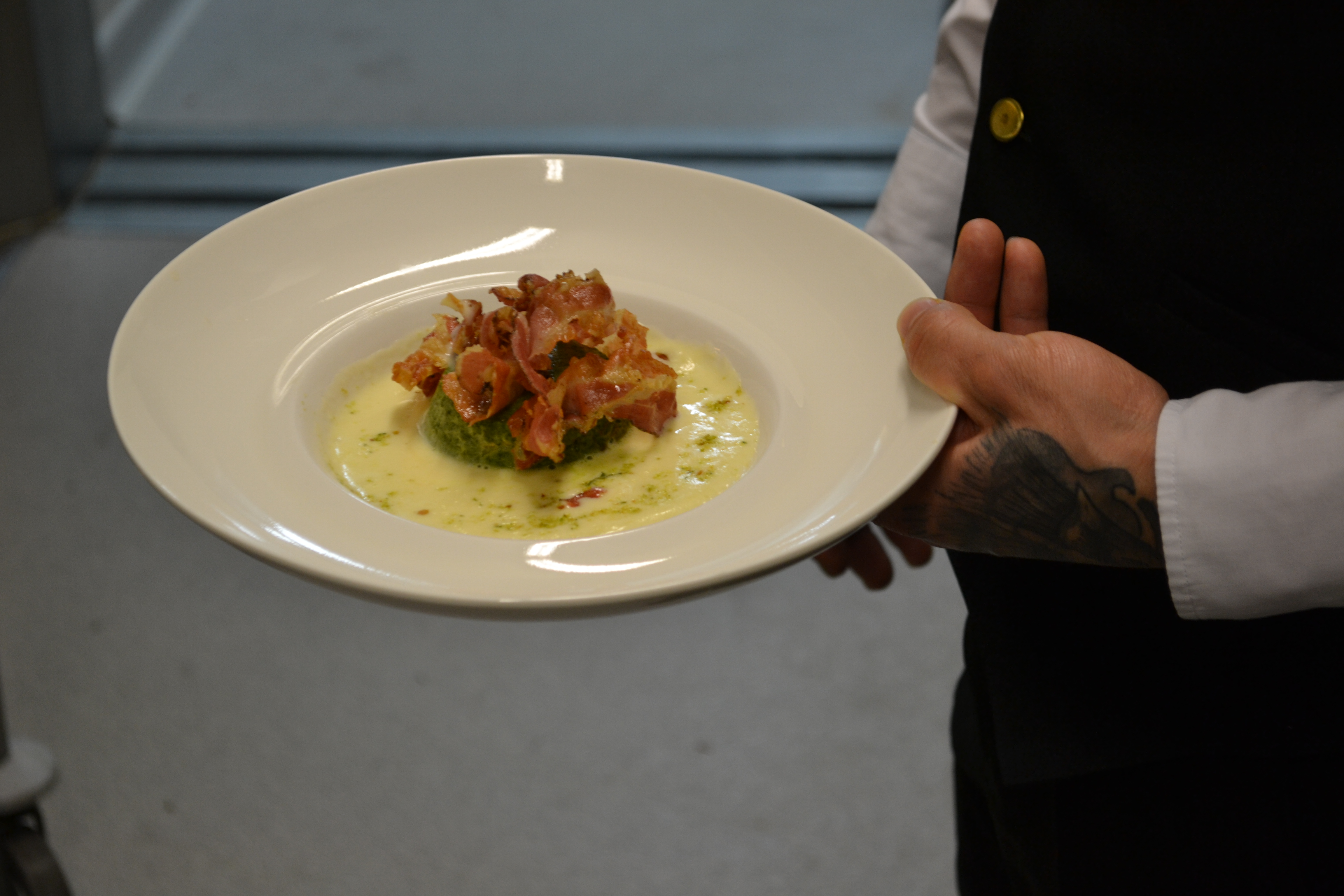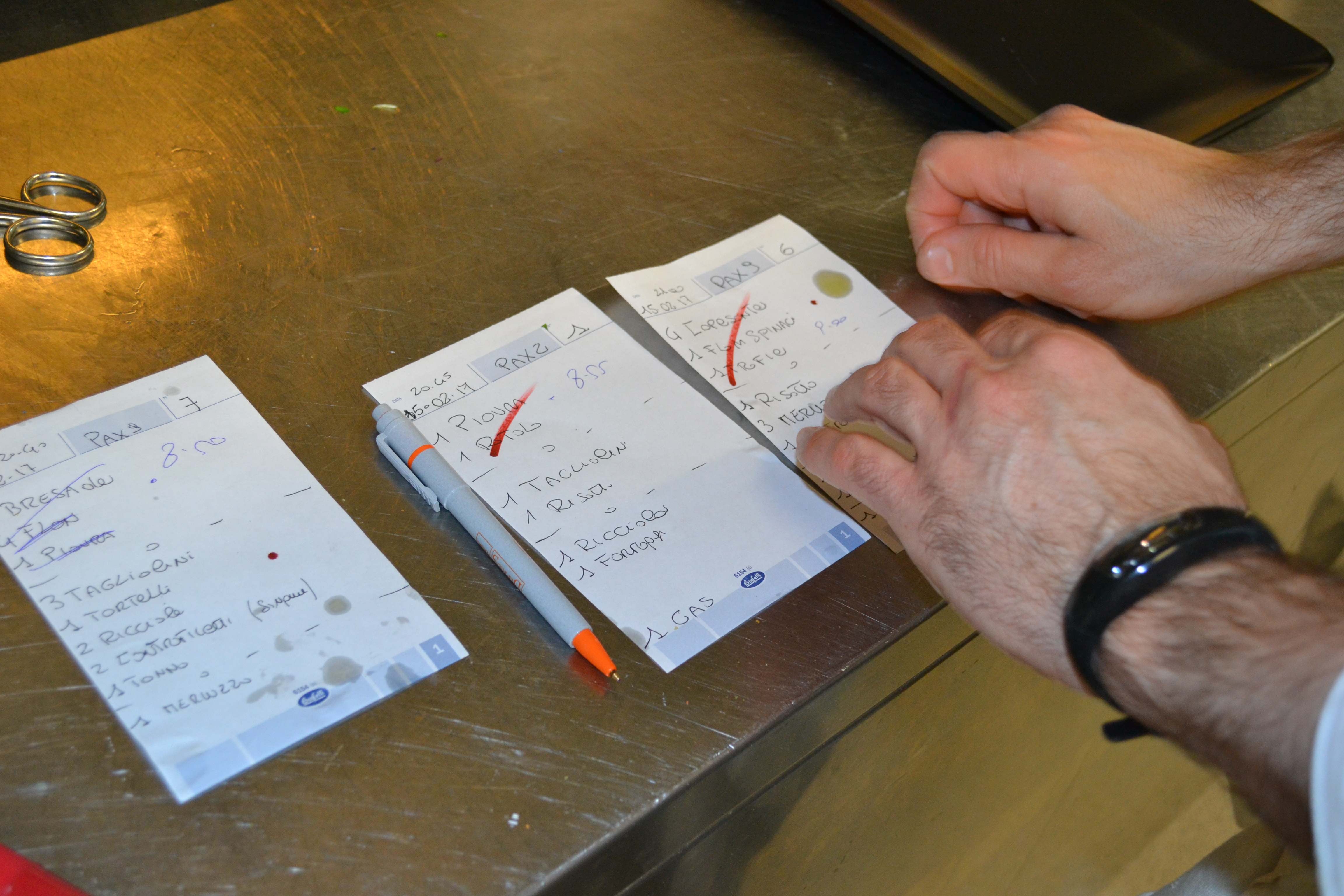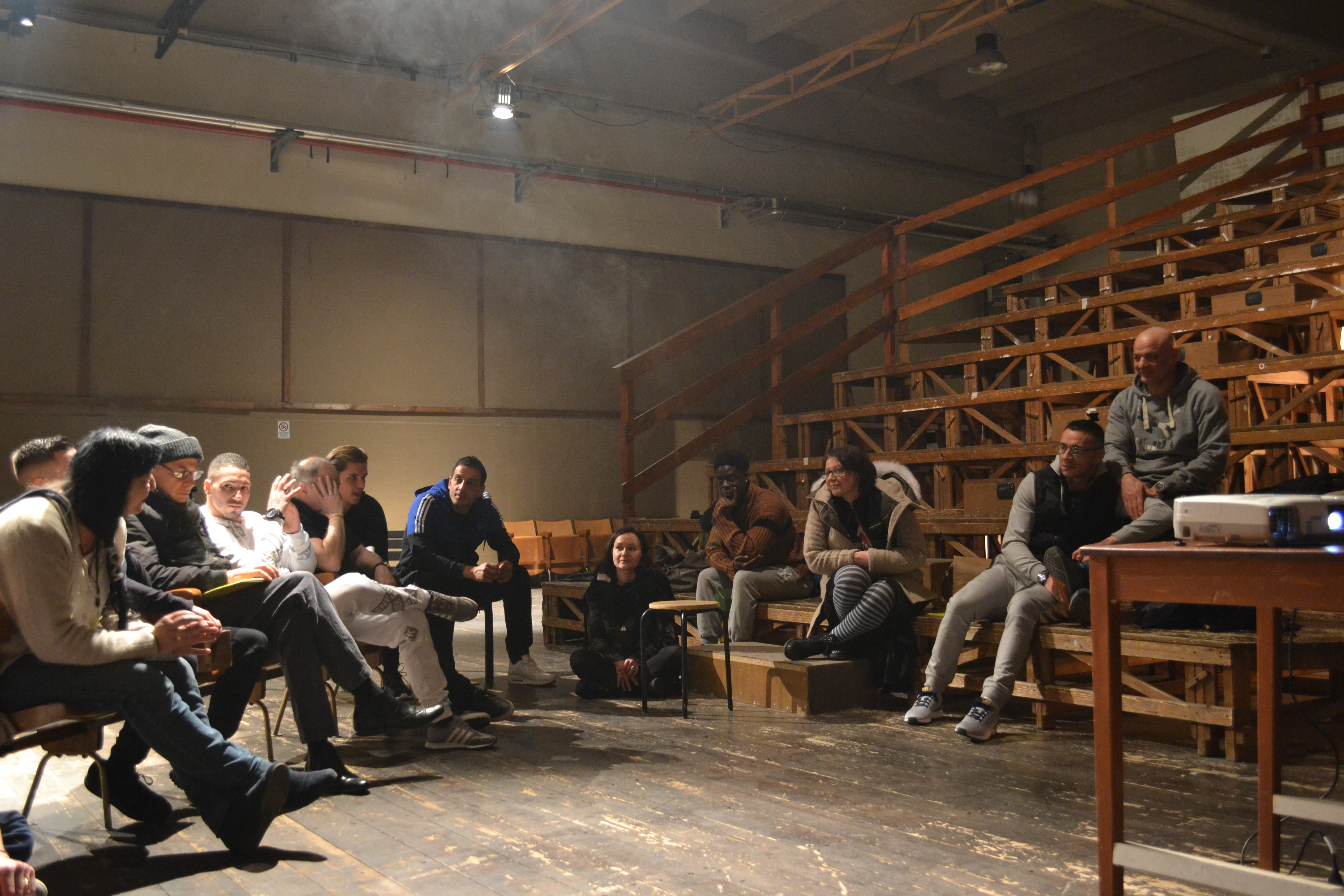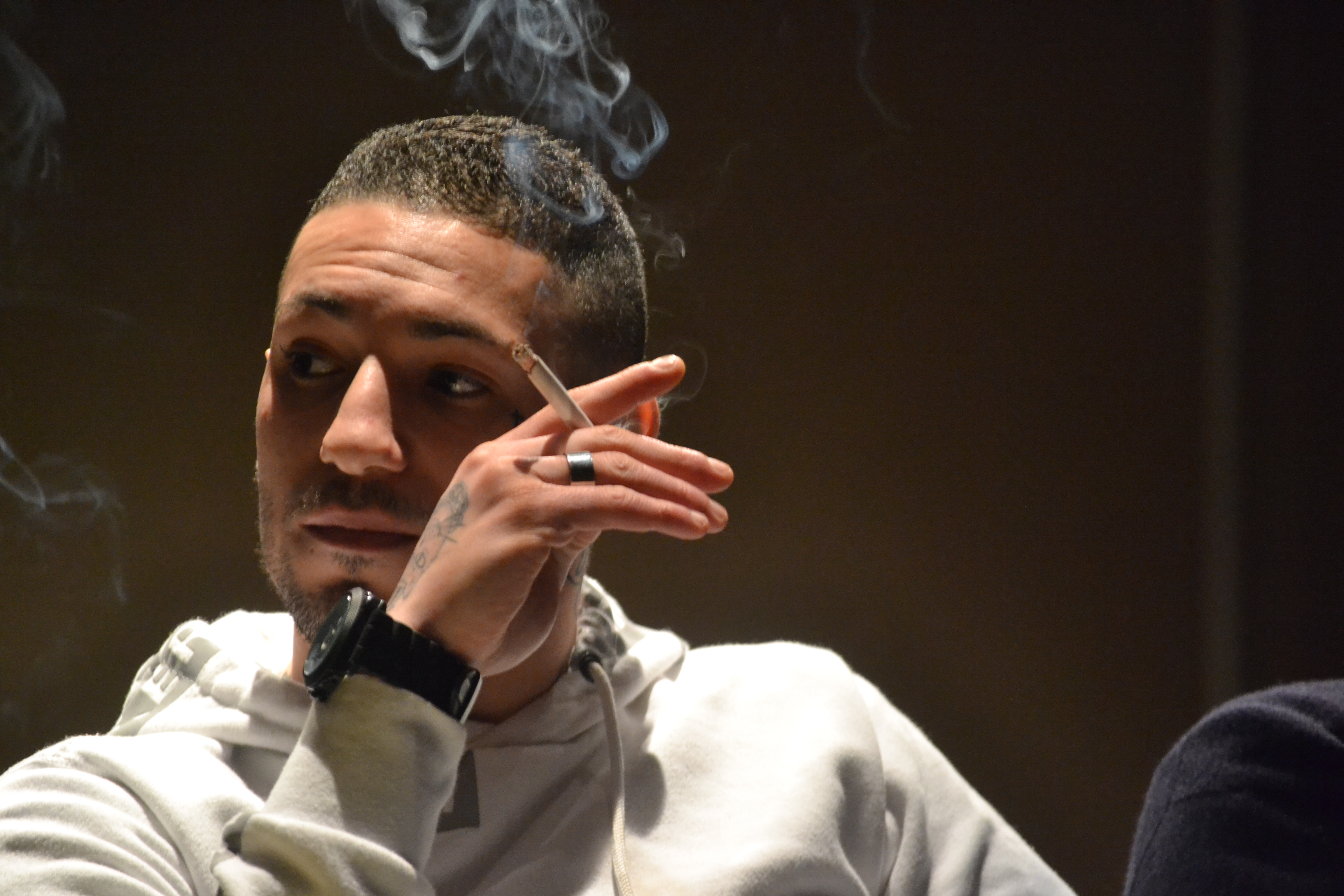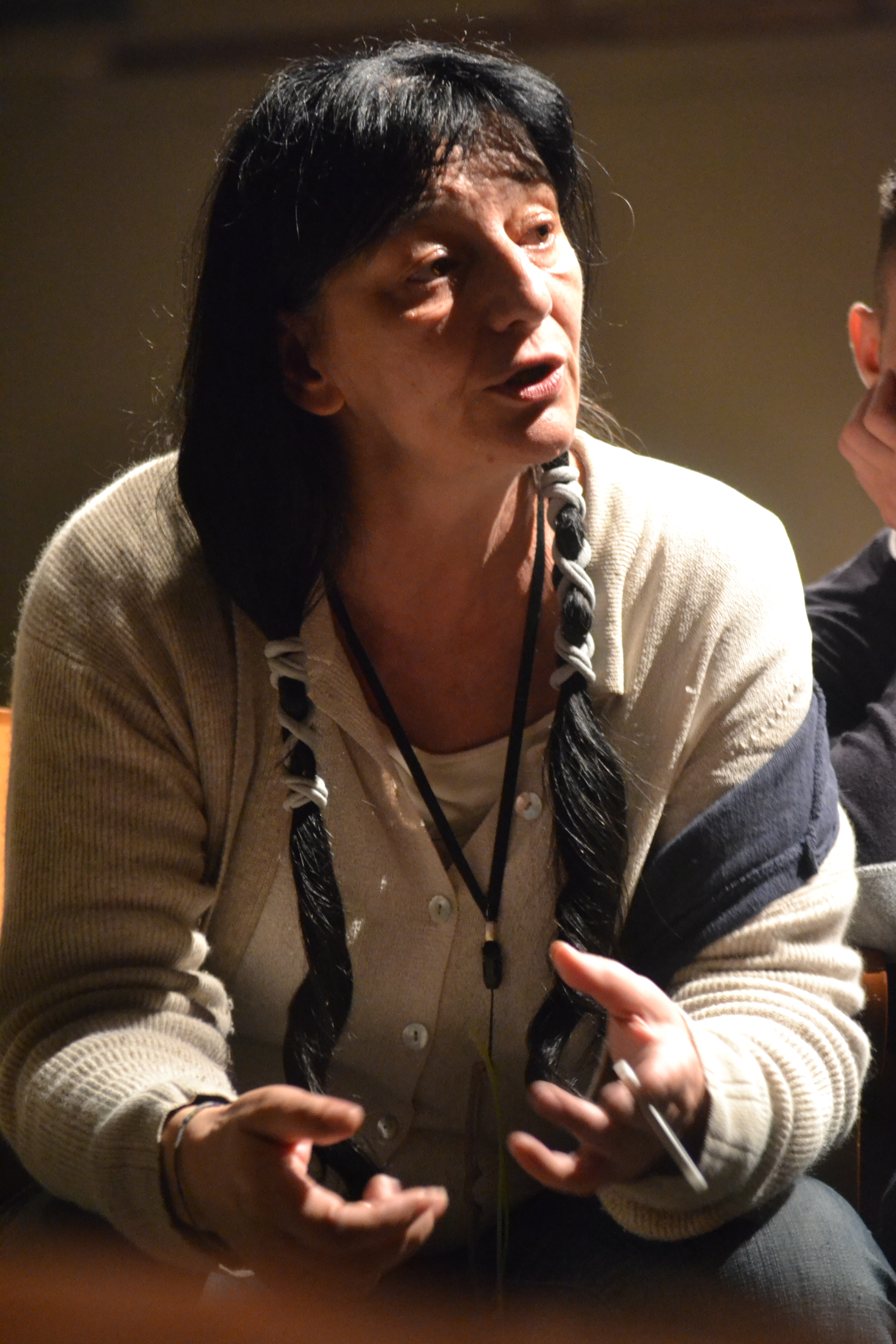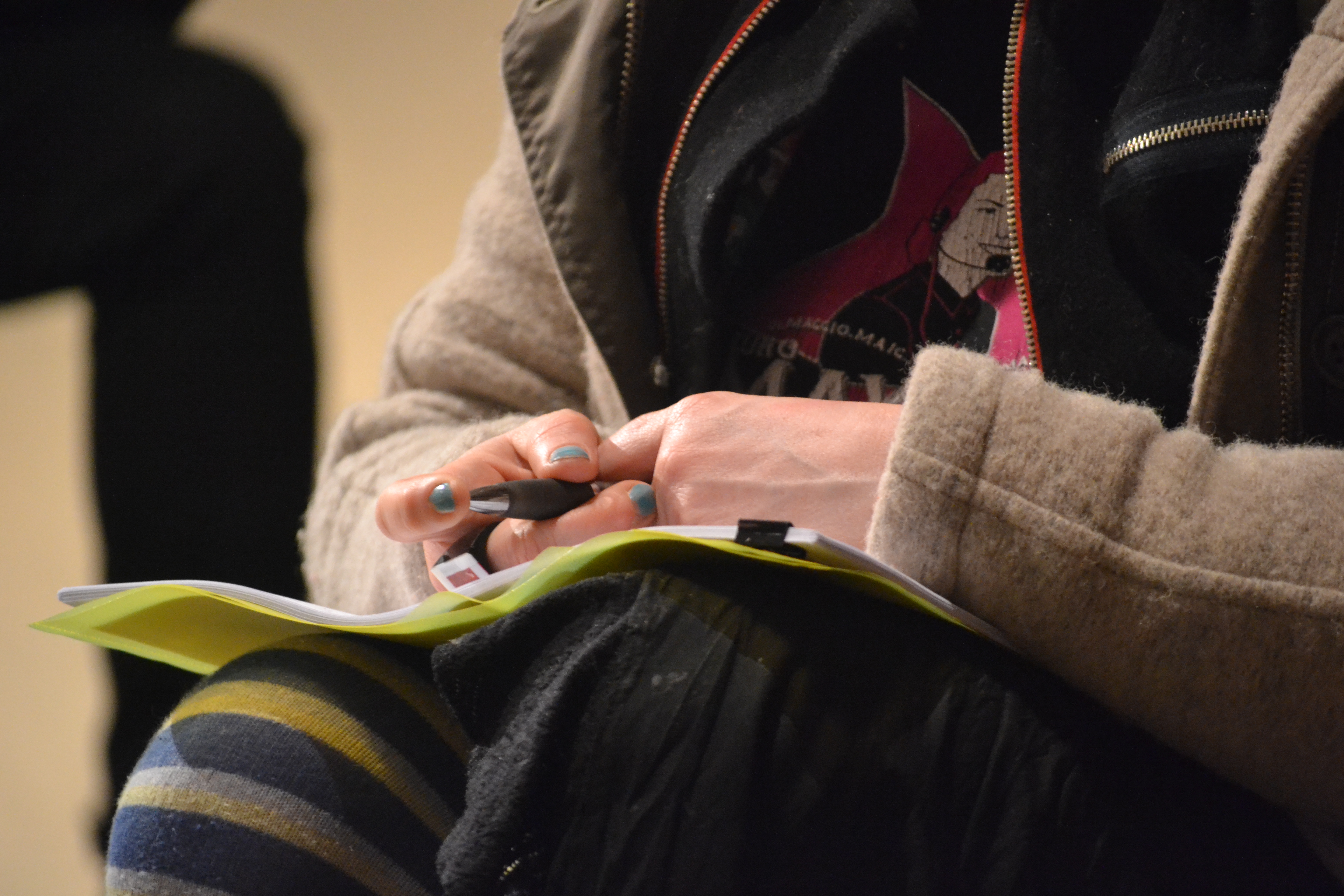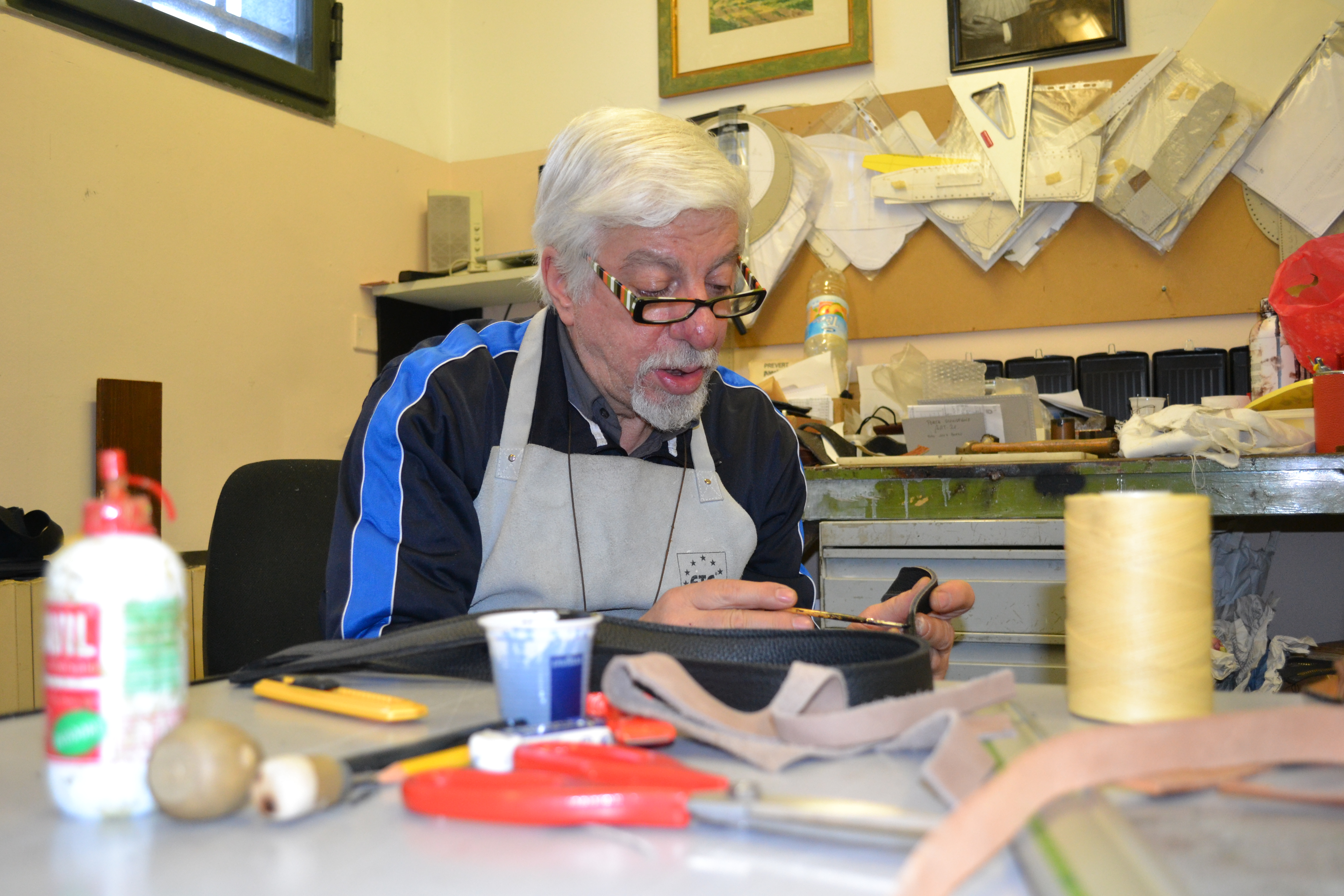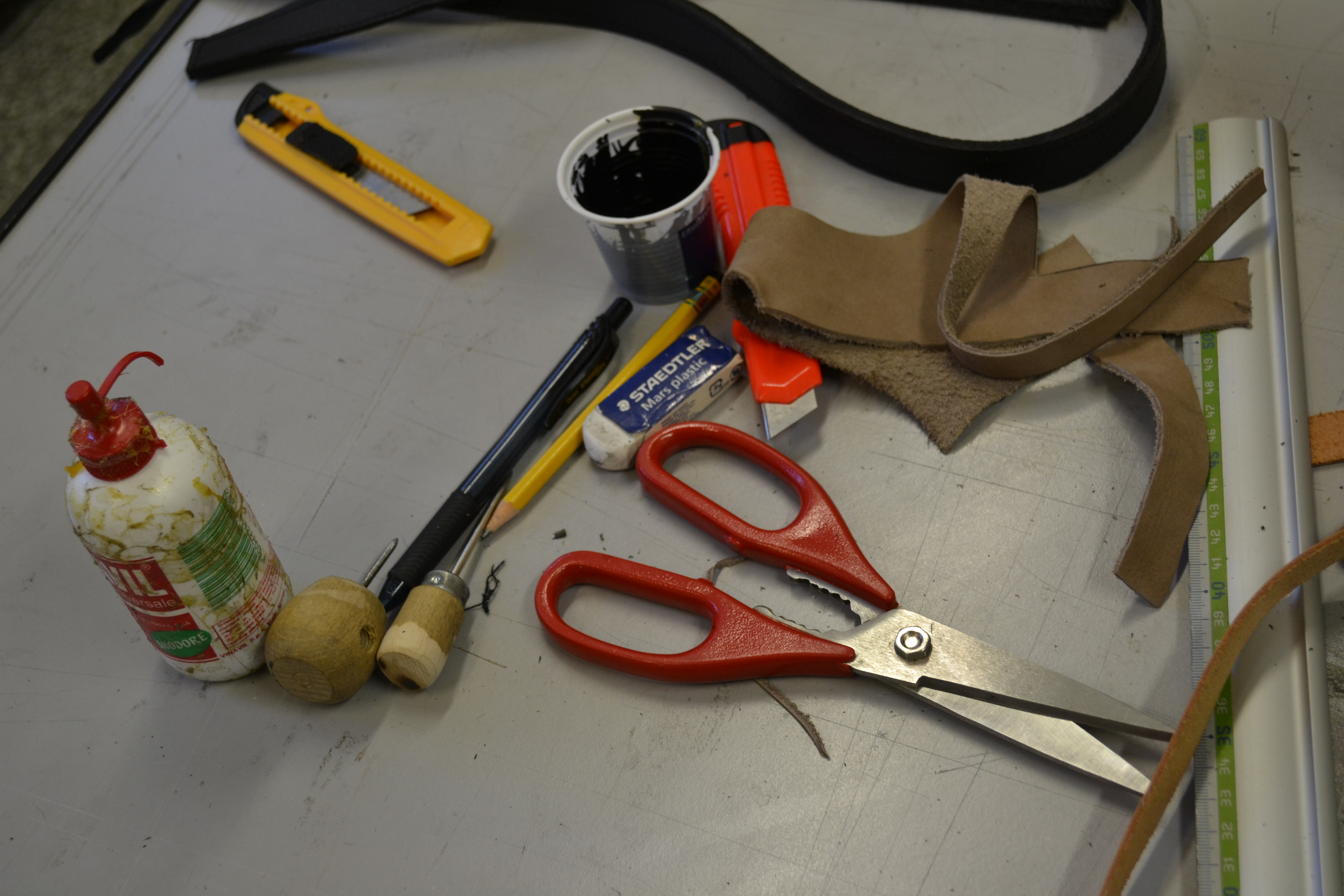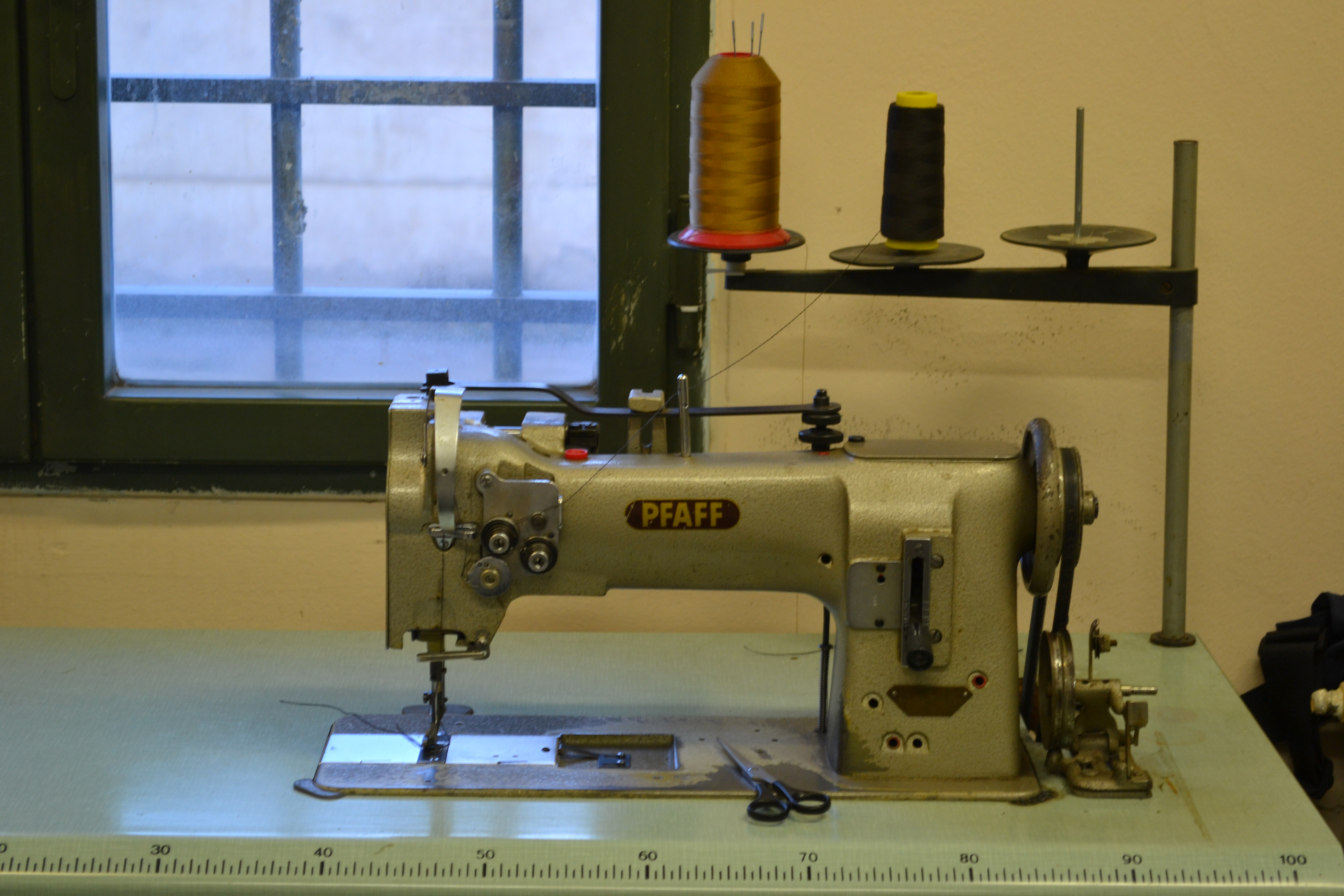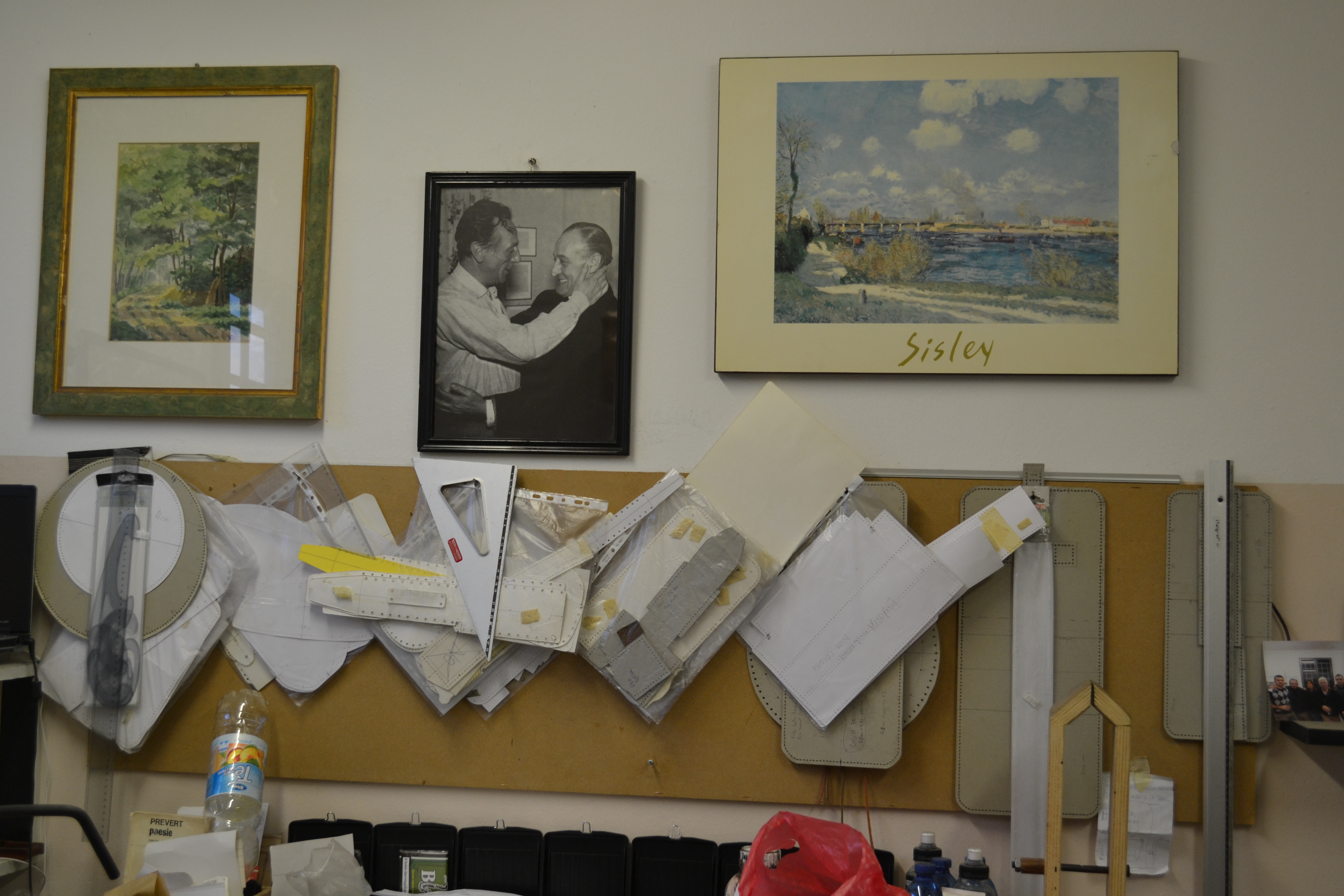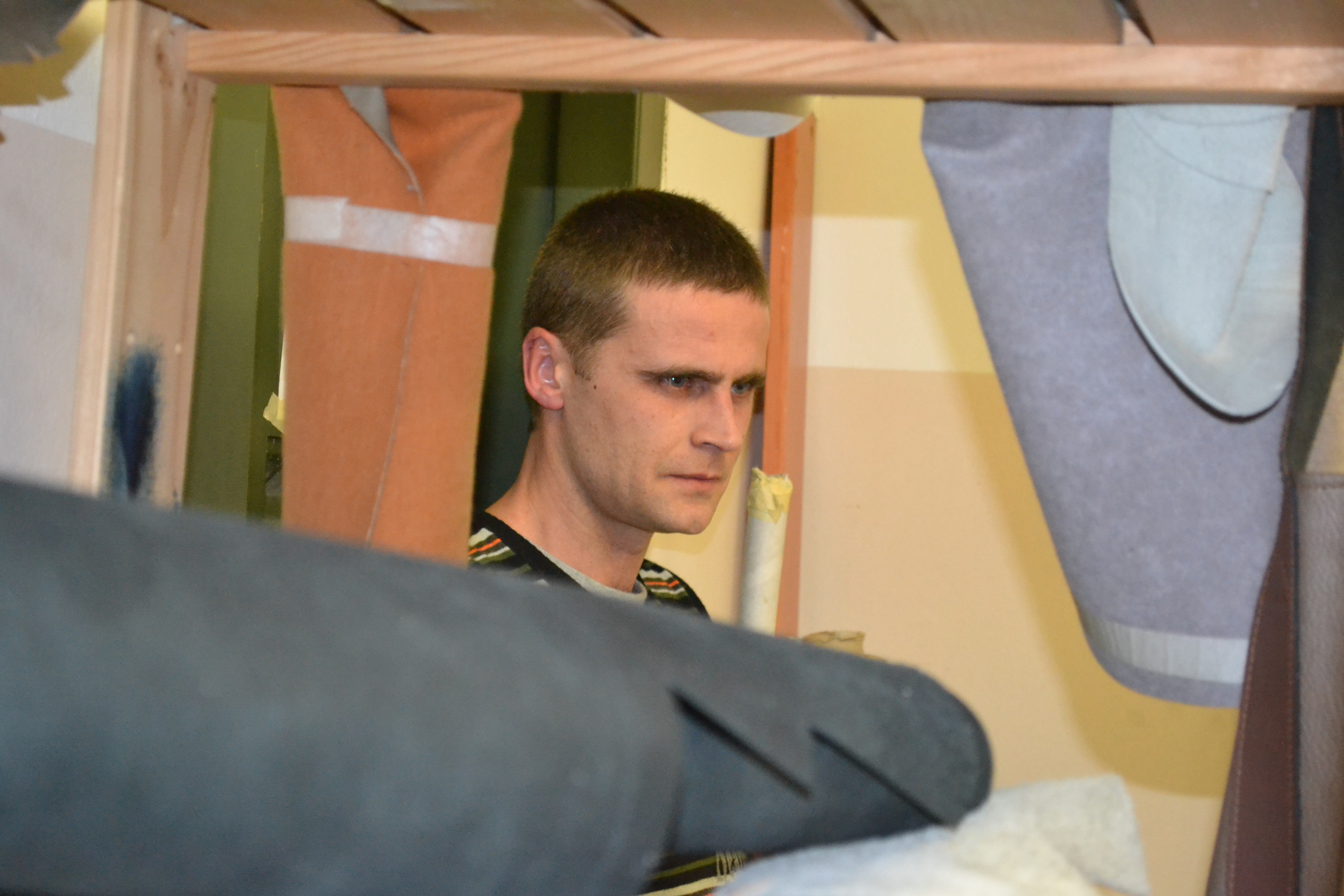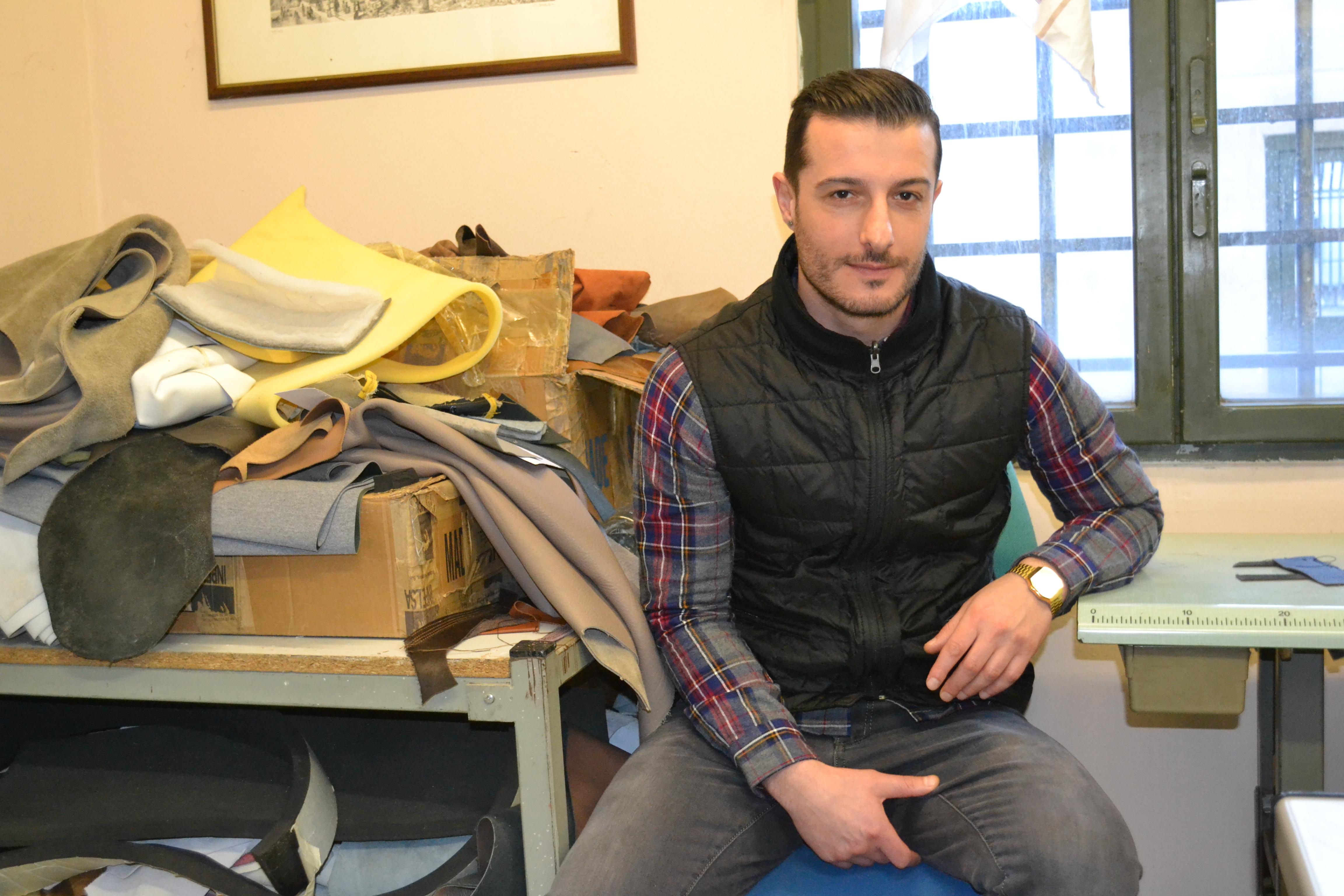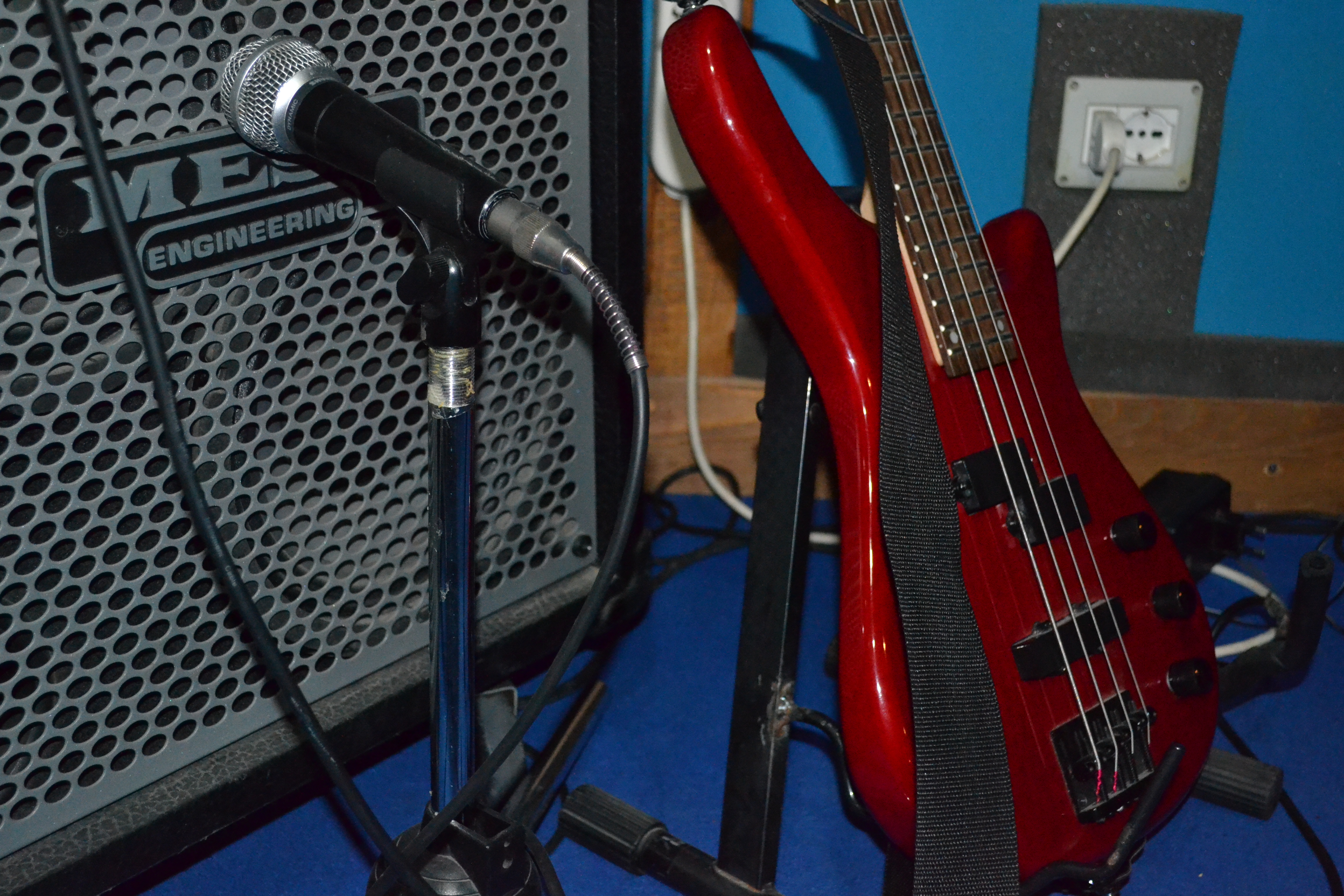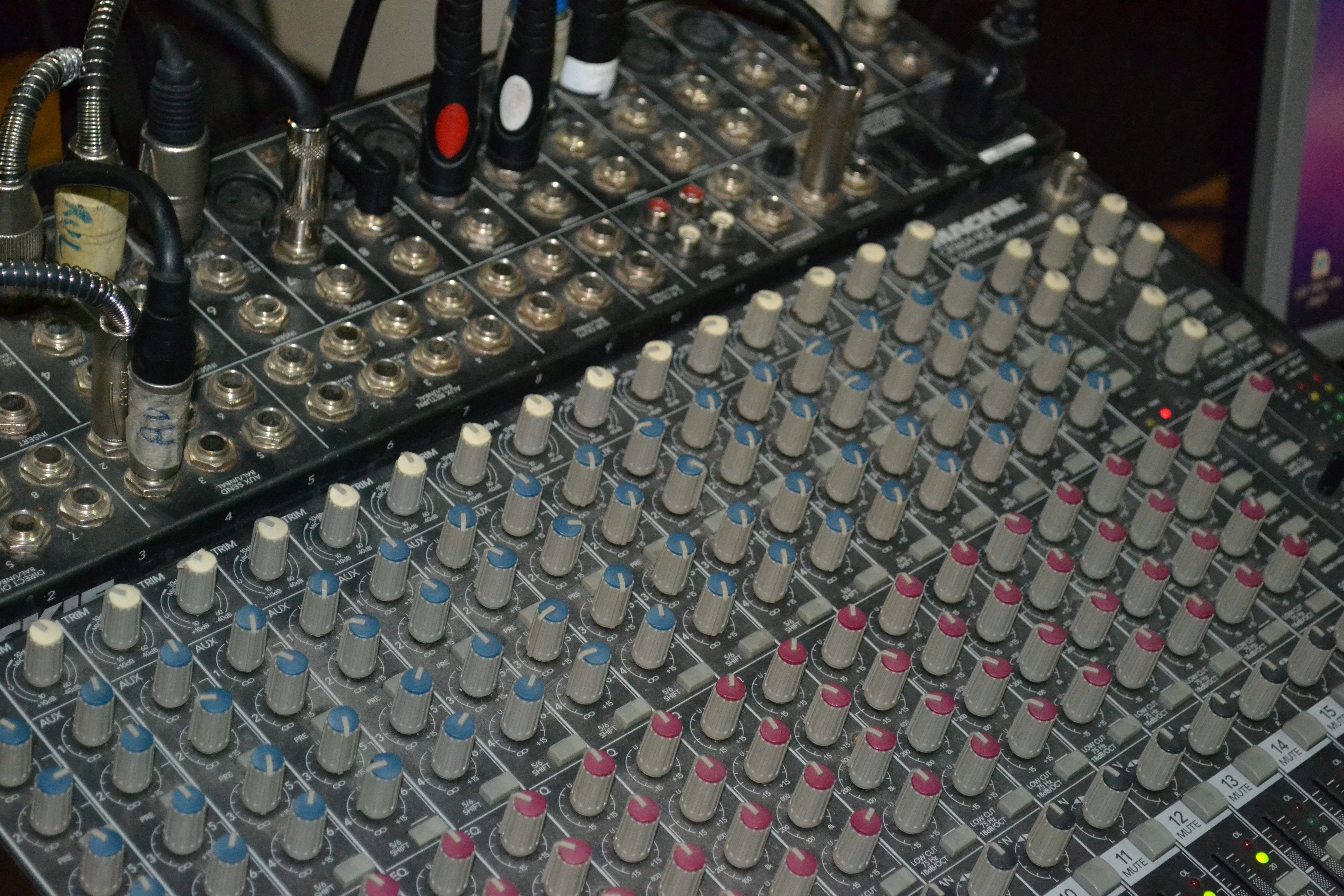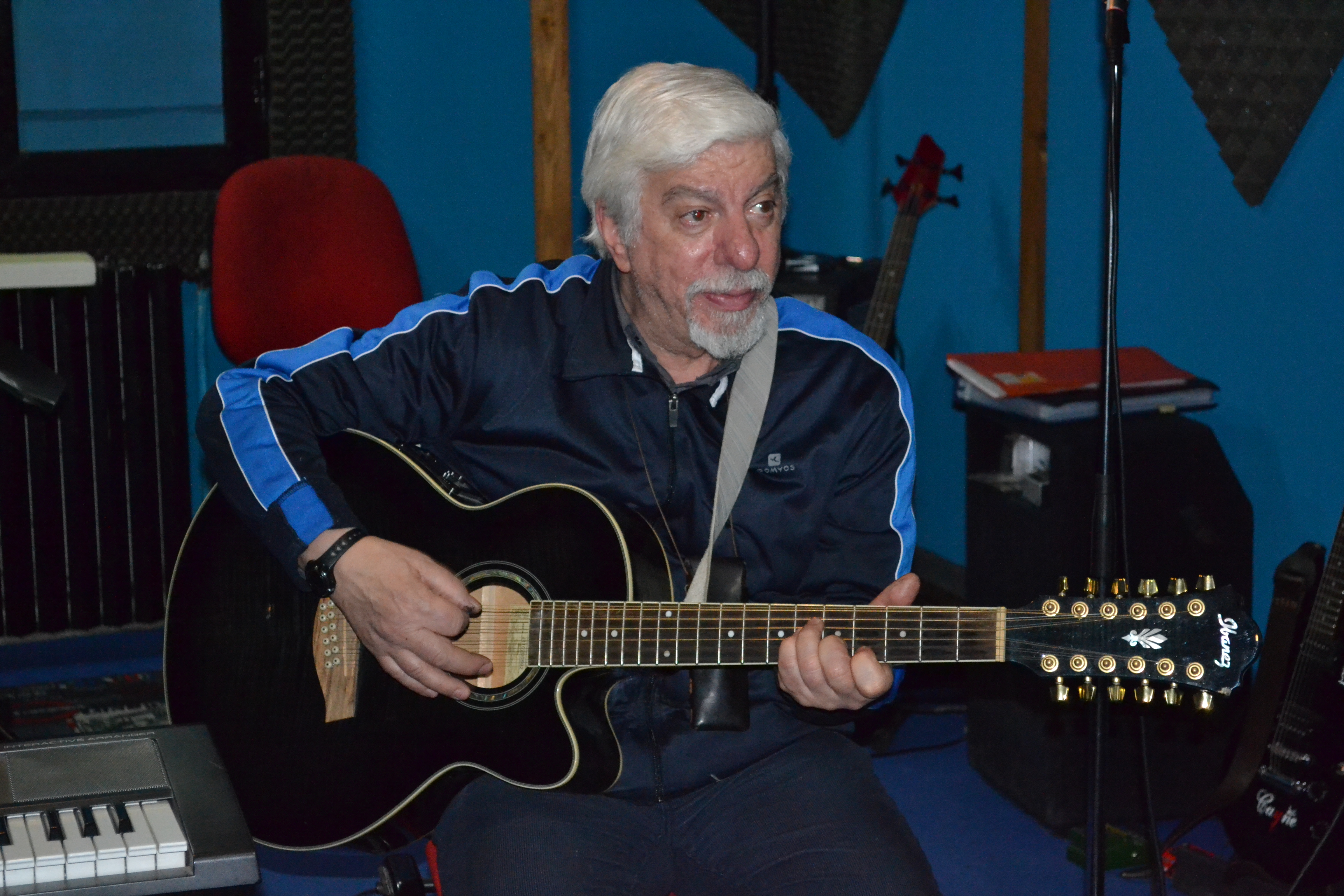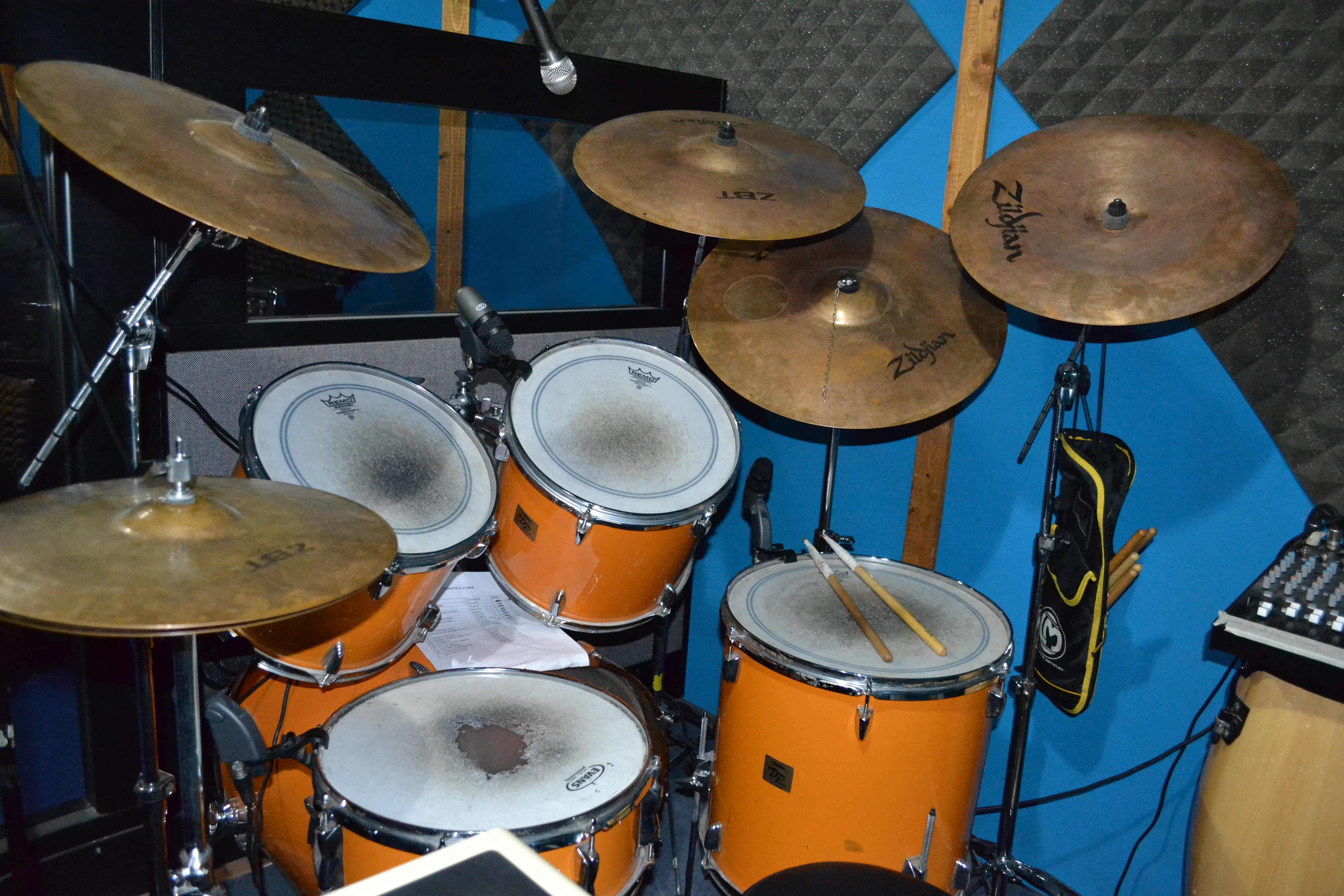Bollate – Opera: 30 kilometres south of Milan. Just 30 km to disrupt our idea of security based only on restriction. Policies concerning prisoners living in a 1.80 x 2.40 m cell haven’t just failed: firstly, they have betrayed our constitution by transforming deprivation of liberty into an instrument of fierceness. In the whole country the tactic of the man in captivity, with its bars and its 1-hour walking in the yard turned out to be a mere waste of lives. Present year prison population reached 55.381 people distributed in 191 penal establishments. Recidivism rate increased to 68 percent with a overcrowding degree that only in Lombardy reaches 28.66 percent. In 2016, 29.13 percent of the inmates were working in Italian prisons of which only 5.07 percent were employed in cooperatives or other companies. The majority of them work directly for prisons. Then there are the data related to education that are even more important. In fact, re-education and reintegration policies can only be successful by bridging the cultural gap and creating a continuity amongst individualization of treatment, training and job opportunities. In a prison population sample taken from the Ministry of Justice, 10.26 percent has finished elementary school, 29.62 percent middle school, 6.65 percent high school and 0.92 percent has a college degree. In 2016 only 255 professional courses for 1,055 inmates have started throughout Italy. In this way a prison becomes a sort of meat grinder for the forgotten, for men on the margins of our society, producing youth scarred forever, crushed by a life that will always remain poor.
Re-education, individualized treatment, education and work, reintegration: in most detention centres, single cooperatives, volunteers and associations give a chance to the prisoners. And in Bollate? It’s like being on another planet once you get in there. A set of cooperatives and associations, encouraged by the prison management, created a near-perfect system. This is not only because there are a restaurant, riding stables, a greenhouse, a gym, a theatre, a music room and running schools. But Because all these things are interconnected: such as the training school for the hotel trade which lets prisoners working in cooperative at the restaurant “In Galera”. And what’s more: integration of instruments, unity of purpose and respect for the rights which bring recidivism rate down to 20 percent. Above all, a re-socialization and rehabilitation project designed according to individual needs and which uses an analysis of the single stories of the inmates to stimulate participation in the research, training and working activities. Women workers of the cooperative Articolo 3 of Legacoop who attend to the treatment activities in the fourth experimental department for young adults in Bollate say that there are no “prisoners.” The focus is on “the prisoner” and his experience. The following are the stories of those who no longer wants to go to jail, encountered in the 24 hours spent in Bollate, collected among the prisoners who have the opportunity to study or work.
Texts, photos, videos and editing by Angela ZurzoloITALIAN VERSIONLeggi anche: Sarti dentro
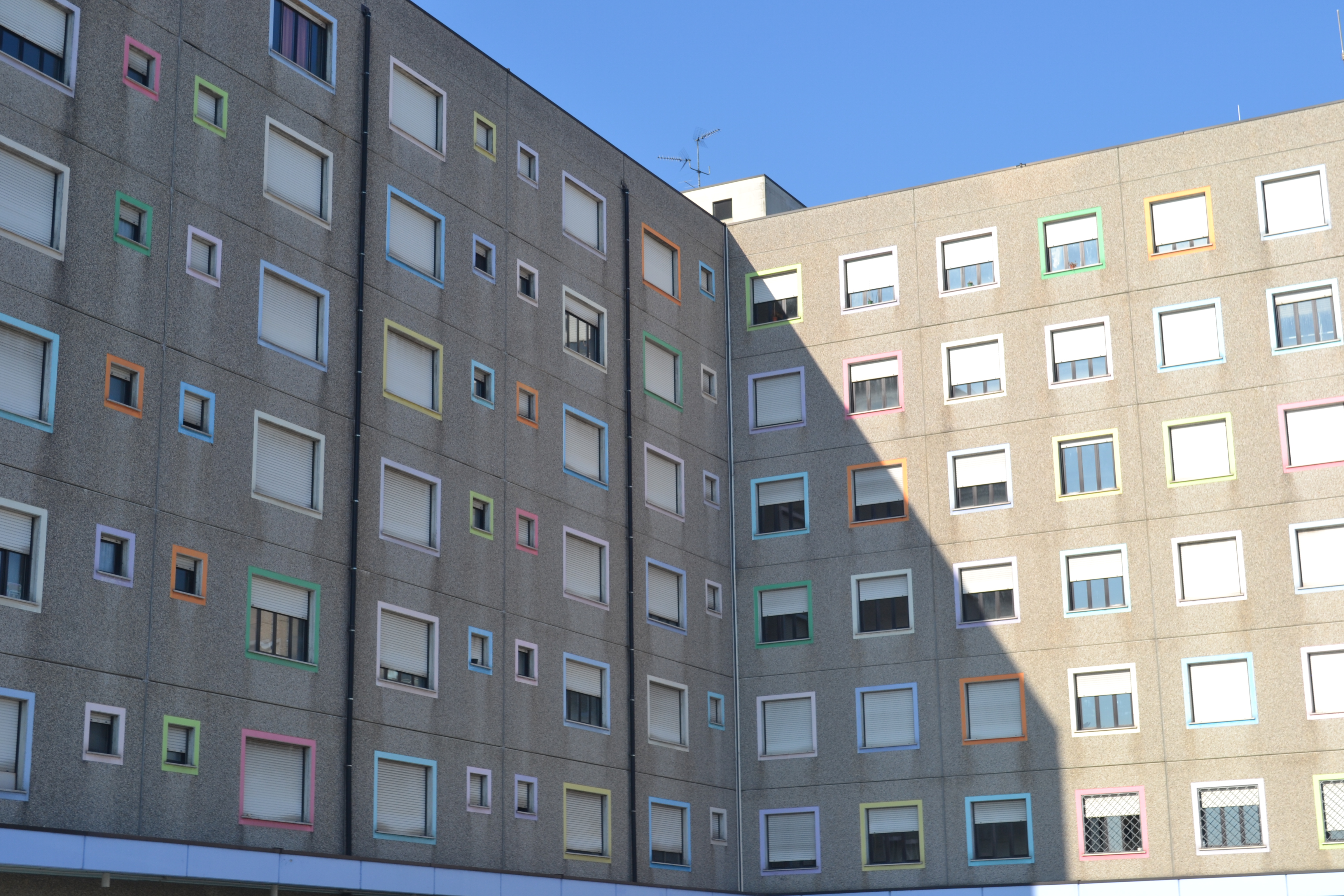
Schools, universities, art and work: when prisoners turns out to be persons
WAITING IN BOLLATE – The 542-bus stops at its terminus. In this suburb, opposite the Expo pavilions there is a prison that has become legend among prisoners. Rows of colourful windows can be seen on the facade. Beyond the wall, clean stairs lead to long corridors with light flooding the spaces. Prisoners roam freely in the wards. On the walls, murals and watches. To remember that waiting time must be filled. And that time is not being wasted. Hours have a distorted rhythm in prisons, they struggle to keep pace with the external reality. But for those who go to school in Bollate’s fourth department things are quite different. In the classroom the hands of the clocks are synchronized. For those inmates their sentences won’t become useless. One can attend middle school, hotel or commercial school, learn a craft in a workshop, write for a newspaper, go to the gym or to the music room. You can run for a result, as everyone who is out of there. Even if time has a different weight and years seem too many or too few. And the story of each one expands.
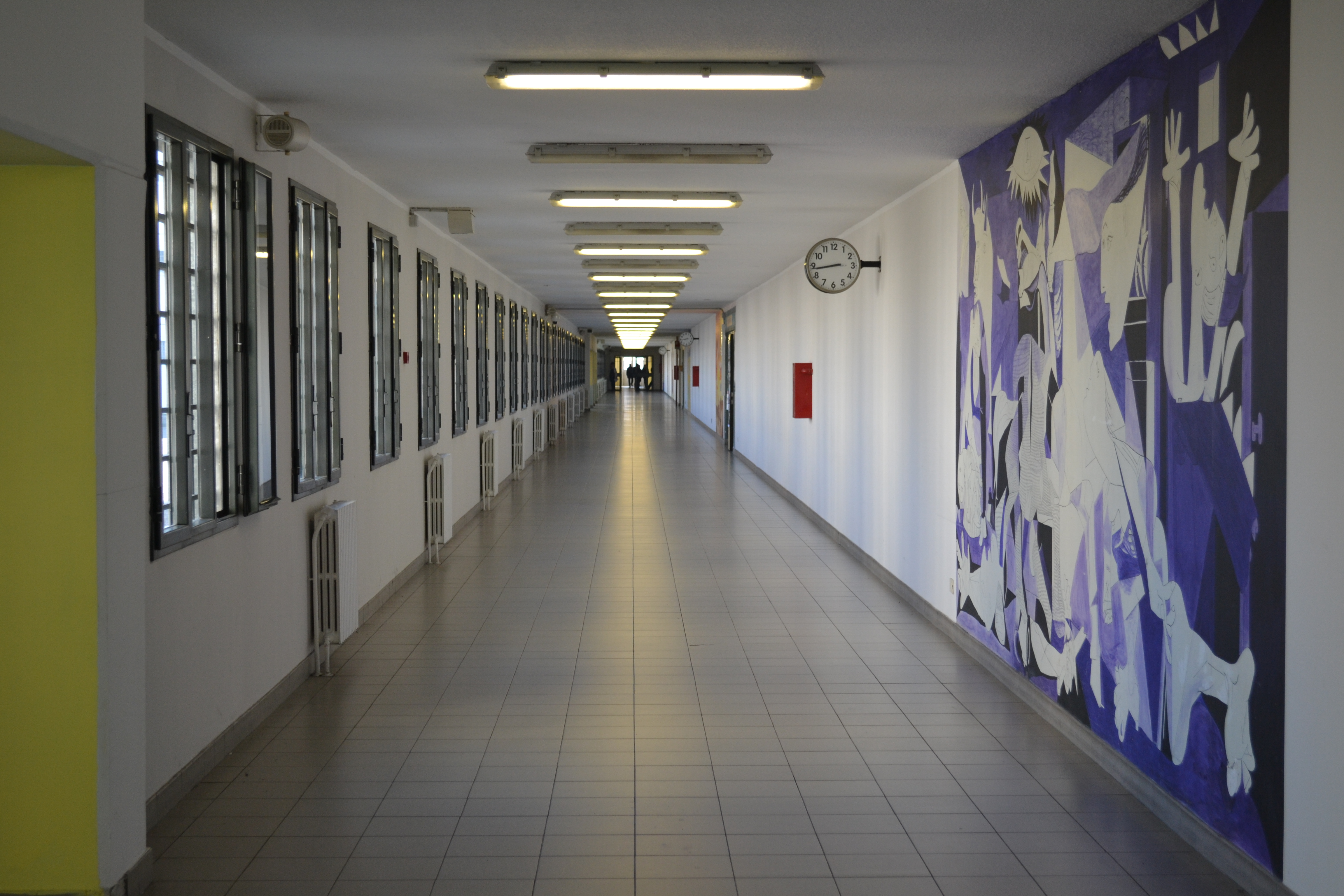
From war to borstal, now he starts again by studying
FOR SHAMIL, the sentence meant to become master of himself. “I’m inside because I made a mistake, I know that I was charged with an offence, but I’m here not to talk about what I did: I’m here to rebuild me,” He says. Because a prisoner is not only the crime he committed. “Now I am my own history” Shamil says. He’s only 22 years old. He entered Beccaria prison’s gates at 16, then at 19 he fell for it again and was sent to Opera’s prison. “A closed place where you had no voice”, He says. From his childhood, he retains only the memories of the war and a gray and destroyed Grozny during the first war between Russia and Chechnya.
IN HIS PAST ONLY FEAR – Shamil has been blocked by that scene for a long time. That night when hooded men took his father. His little four-year-old sister was crying alone in the room when he got up. A man pointed a gun at him and blocked the doorway. A second kidnapping attempt failed, but some time before his father had already been taken and tortured, reduced to a wheelchair. So, Shamil went through the rubble of Grozny for the last time and fled with his family to Poland, where he stayed for two years, and then came to Italy. “I never decided to become a criminal. It just happened. It was a moment of rebellion because we went away and I missed everything”, He explains.

FROM BORSTAL TO OPERA’S PRISON – “My father wanted me to become a dental technician but for economic reasons it was difficult. Then I went to high school because he wanted me to take a degree, but I didn’t make it it. I tried again with another school but did not succeed. Then it was the turn of the borstal”. After serving his sentence, though, he fell back to it. Disappointing his family was his greatest suffering. For this reason he often asked to speak to psychologists at Opera, although such talks occurred seldom.
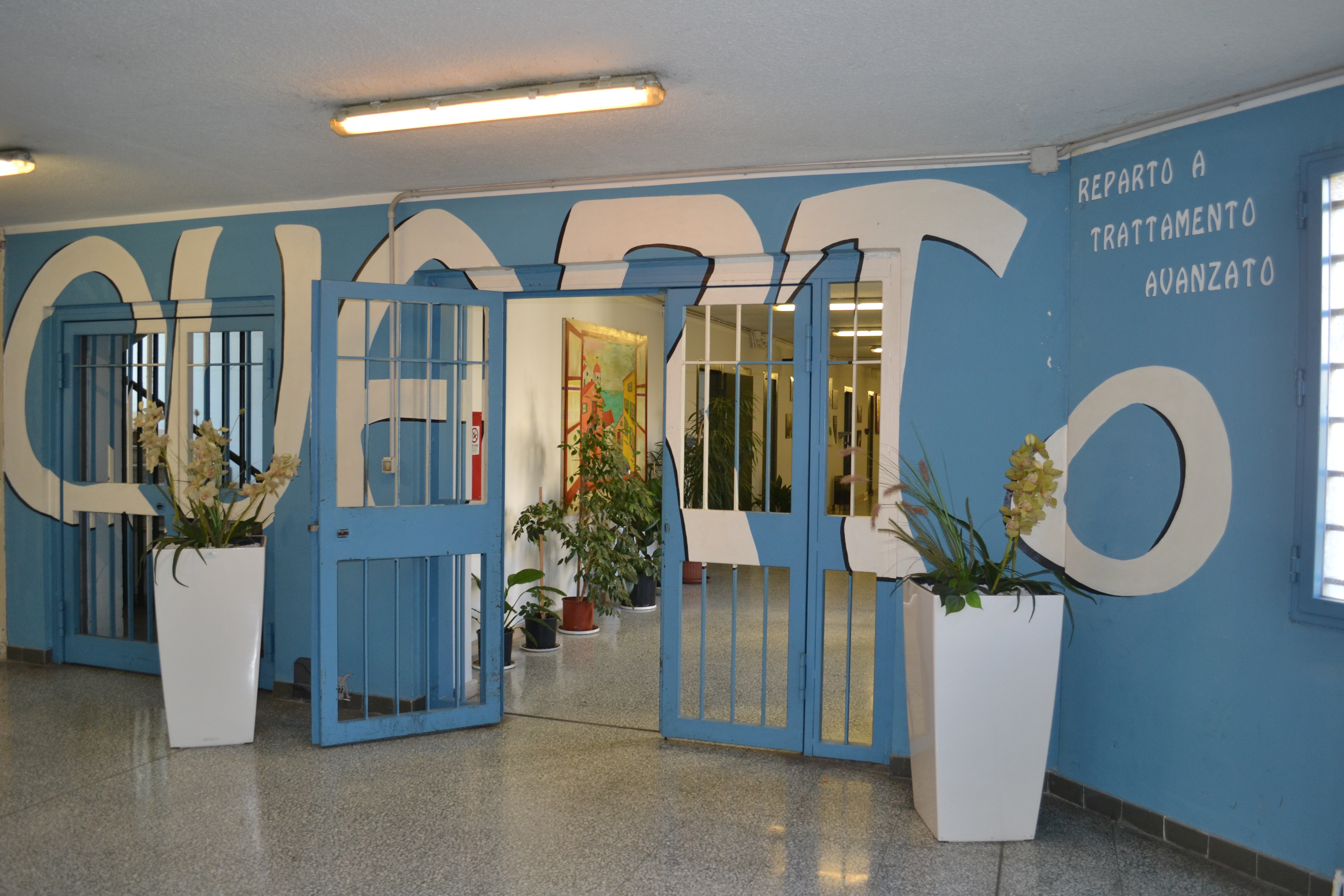
THE ENROLLMENT AT THE HOTEL SCHOOL – After so much trouble Shamil felt the need to react and decided to go back to school by signing up to the hotel school in Bollate. “Now I want to win my own place, because I’ve never had one”, he says. He wants to graduate and become a nutritionist and sports trainer, because he loves rugby and football. Now he is going to get the opportunity to access some benefits, including those granted by Law 354, Art. 21 of detention system regulating the work outside.
For prisoners this is “A cooperative that does not exist in other prisons”
ARTICOLO 3 – Even at this stage, he is followed by the cooperative Articolo 3, associated to Legacoop, which is inspired by the principle of individualized treatment. This was introduced by Law 354 of 1975, which establishes the right of all prisoners to participate in rehabilitation and re-socialization activities that meet their particular needs. The cooperative, in addition to helping inmates return to work, therefore, coordinates all activities of the fourth department at Bollate also by implementing its experimental vocation. It provides training courses, follows young people along their way of rehabilitation and supports those who want to study at university.
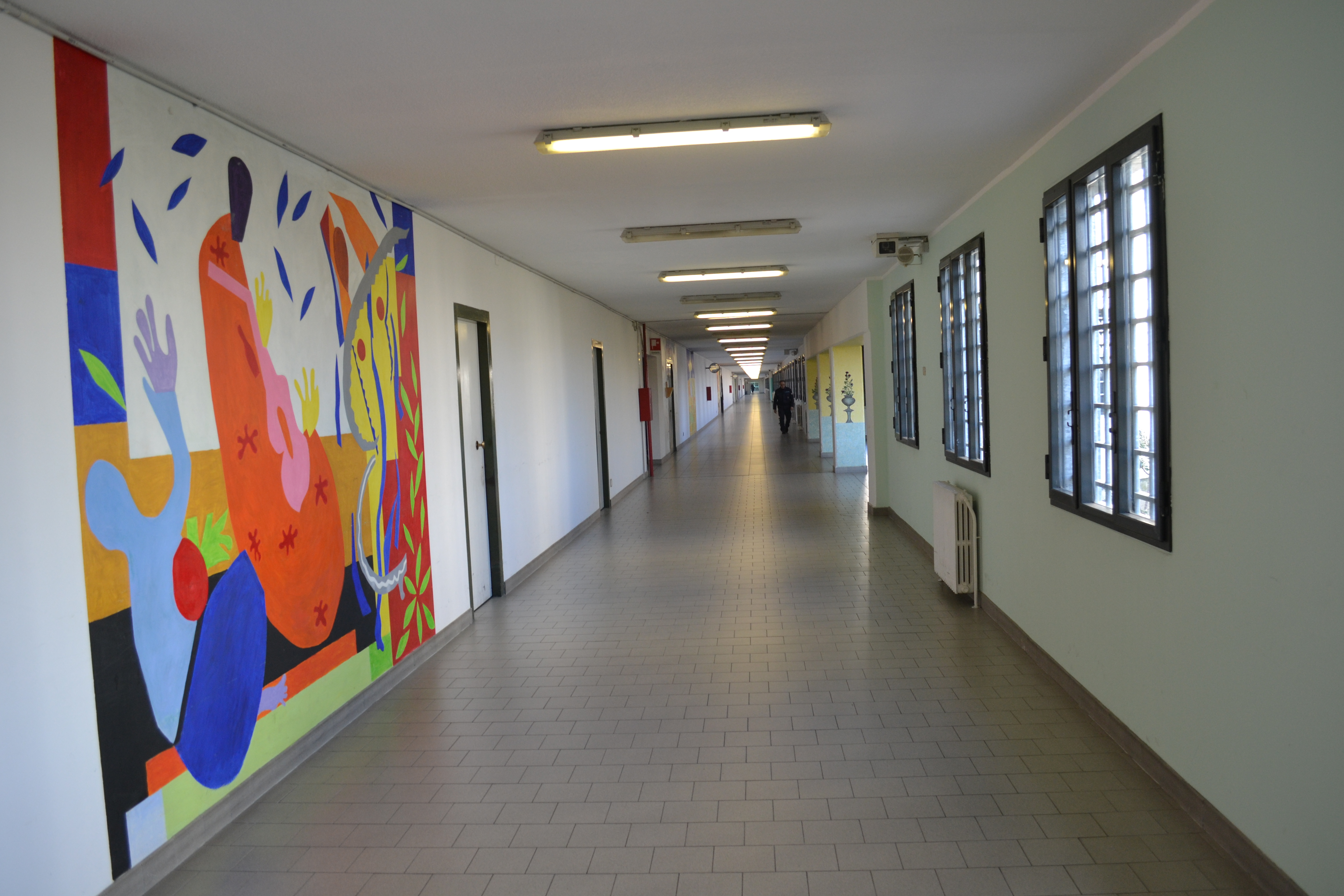

“Mum, I want to give up my studies. I’m leaving for Greece to help Dad”
GOING BACK TO SCHOOL AFTER 15 YEARS – In Bollate there are many people like Sony, who had to leave school to support their families. “When I was 19, there was a change of regime in Albania. It was not an easy time from an economic point of view; we were in debt so I decided to stand next to my father who worked as a waiter in Greece”, he says. After 15 years, Sony decided to resume his studies and chose to attend the hotel school. “It was like going back to my childhood. Teachers are surprised because they see me solving a quadratic equation or a factorization: I tell them that my fall and subsequent imprisonment just happened to me but I did also something else in my life”, he says smiling. First time he came into this prison he found a fridge. He could not believe it. “I take care of it as if it was my own car”, he smiles, he who calls himself Sony with the same nickname his mum uses to call him. People say that if you give more freedom to a prisoner, he does not feel the jail: that’s not true because what we miss at most are our families, our loved ones. Without them we’re not free, we aren’t ourselves any more”. In order to help them work out their experiences and develop their social skills, cooperative Articolo 3 organizes a group of contact between prisoners, its name is “Rewind”.
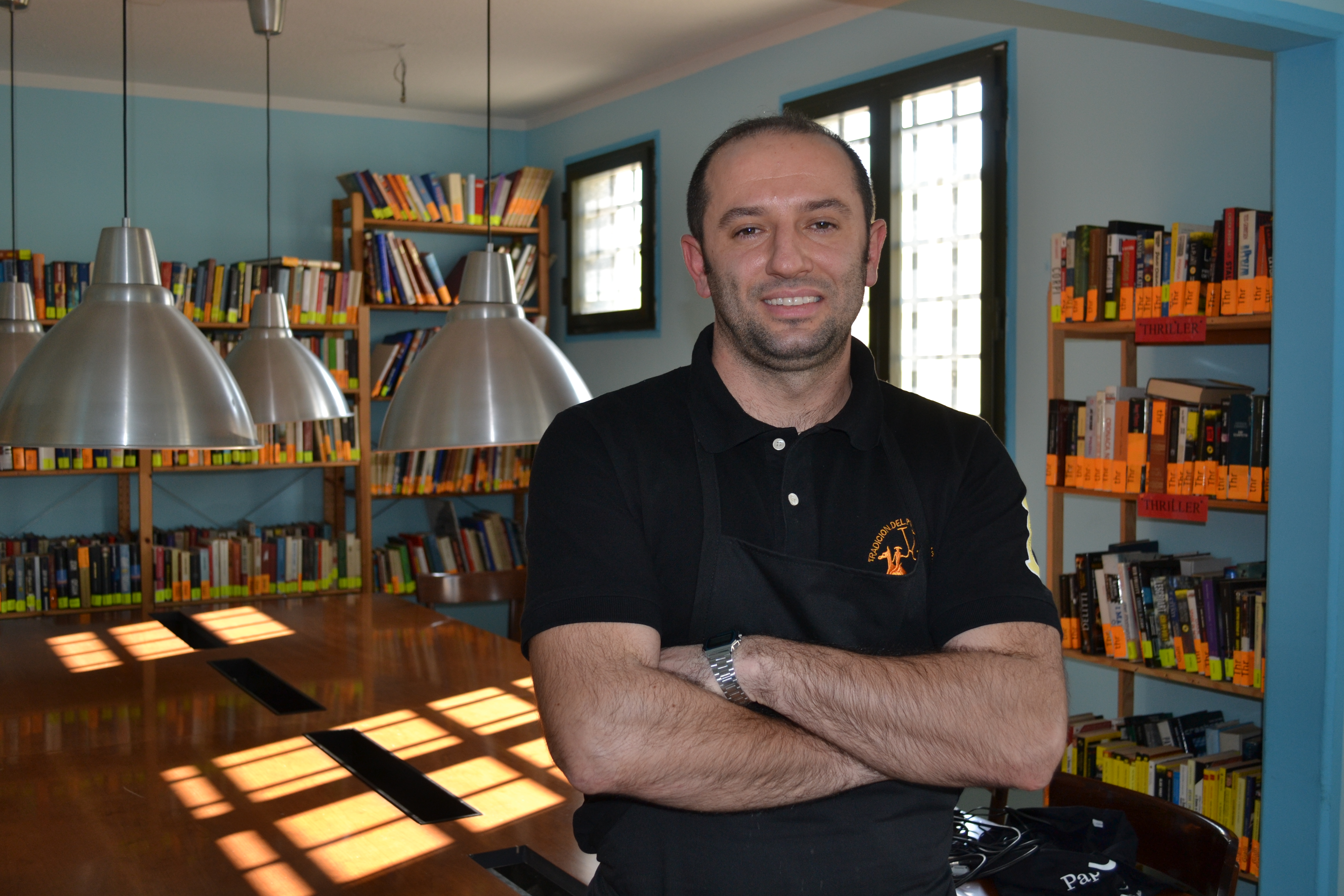

“I only study to feel alive”
PRIDE AGAINST PREJUDICE “In the past, I made the mistake of not relating to others”, says Lynn. After two years of commercial school, he changed to hotel school. Now he speaks perfect Italian. But when he went to prison he spoke only Chinese. His sister brought him some Italian books so he began to learn. His strength of will, he says, came out of self-esteem. “During the early years of my imprisonment I went on being the same, one who thinks little, he says. Then, in 2013 I realized that I was spoiling my youth and something moved within me. So I decided to study”. He wants to do it to feel alive, he says. Although the restaurant InGalera, opened by the cooperative ABC catering in Bollate, is a great perspective for all of them, Lynn, once released from prison, only wants to go to help his sister with her tobacco-shop to thank her for her unconditional love. Like the other men here, Lynn seems to have achieved an uncommon maturity. But he still fears of could pay for a new “moment of unconsciousness” in the future. Now his goal is to graduate.

Some of them succed in graduating
GRADUATES IN BOLLATE – “We have three new graduates this year: a boy in Biological Sciences, one in Cognitive Sciences and another one in Law,” says Laura Cambri, who works for the co-op and is involved in facilitating relations between University and student-prisoners. “An Albanian boy, at the end of his five years in accountancy, she says, chose to study philosophy: a choice we opposed. But he took anyway his degree and thanks to him we got the agreement with the state school”. Often, however, we try to encourage participation in courses, workshops and vocational schools, in particular the hotel school. Because in this detention centre, on the outskirts of Milan, the first restaurant managed by prisoners, saw the light.
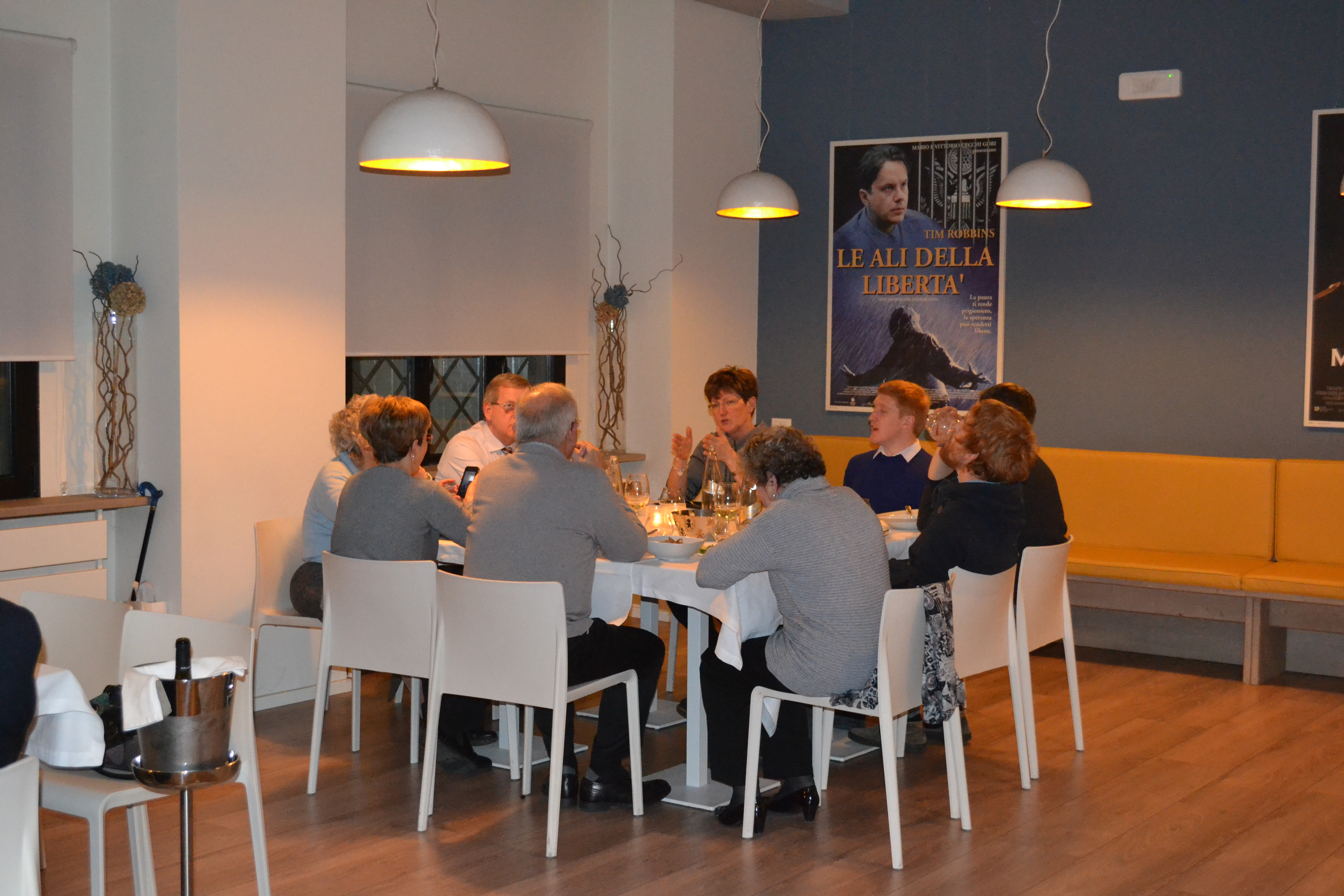
Creating a system for reintegration: from the Hotel School to the restaurant
A RESTAURANT BEHIND BARS. Its very name “InGalera” suggests that it’s operated by prisoners. It was started by the cooperative ABC catering. Even the New York Times wrote about it. Behind the revolving doors of the kitchen everyone calls him “chef.” He is also a prisoner and this is the job he has always been doing even before he was arrested. Said and Carlos like everyone else here, have been formed with great rigour by a professional maître. The only visible signs of detention on these young people are tattoos under the sleeves of their uniforms.
A SCHOOL THE MINISTRY DIDN’T WANT AT FIRST – It took 14 years to create all this. First, through the birth of a catering cooperative requested by a group of prisoners who had had experiences in catering, then, the strong desire to get started with a hotel school right here in Bollate. “Initially, the ministry regarded the idea of the school as unnecessary. So, we resorted to private funds and bought uniforms for students, explains Silvia Polleri, president of ABC Catering coop. In the end, we invited an external commission to examine our students. The outcome was positive and the ministry decided that it was worth it. This way, the school, which started as private, became public and this year we will issue our first certificates”.

THE RESTAURANT: SUCCESS CAME ON THE SECOND ATTEMPT The first attempt to open a restaurant where prisoners could work failed. Then, following a meeting with a London-based auditing company, a turning point arrived. Today, school and restaurant represent a key instrument to prisoners’ social reintegration. But such network creating experiences are still rather uncommon in Italy. “You should create many other Bollate in Italy,” says Said, a young waiter. “Because in this way the recidivism rate decreases to 20 percent.” Said dreams of returning to his country, Morocco, one day. He wants to start a fish export activity. He studied, took computer and cuisine lessons, went to school, working also at the catering in Bollate. Now, he proudly wears his uniform.
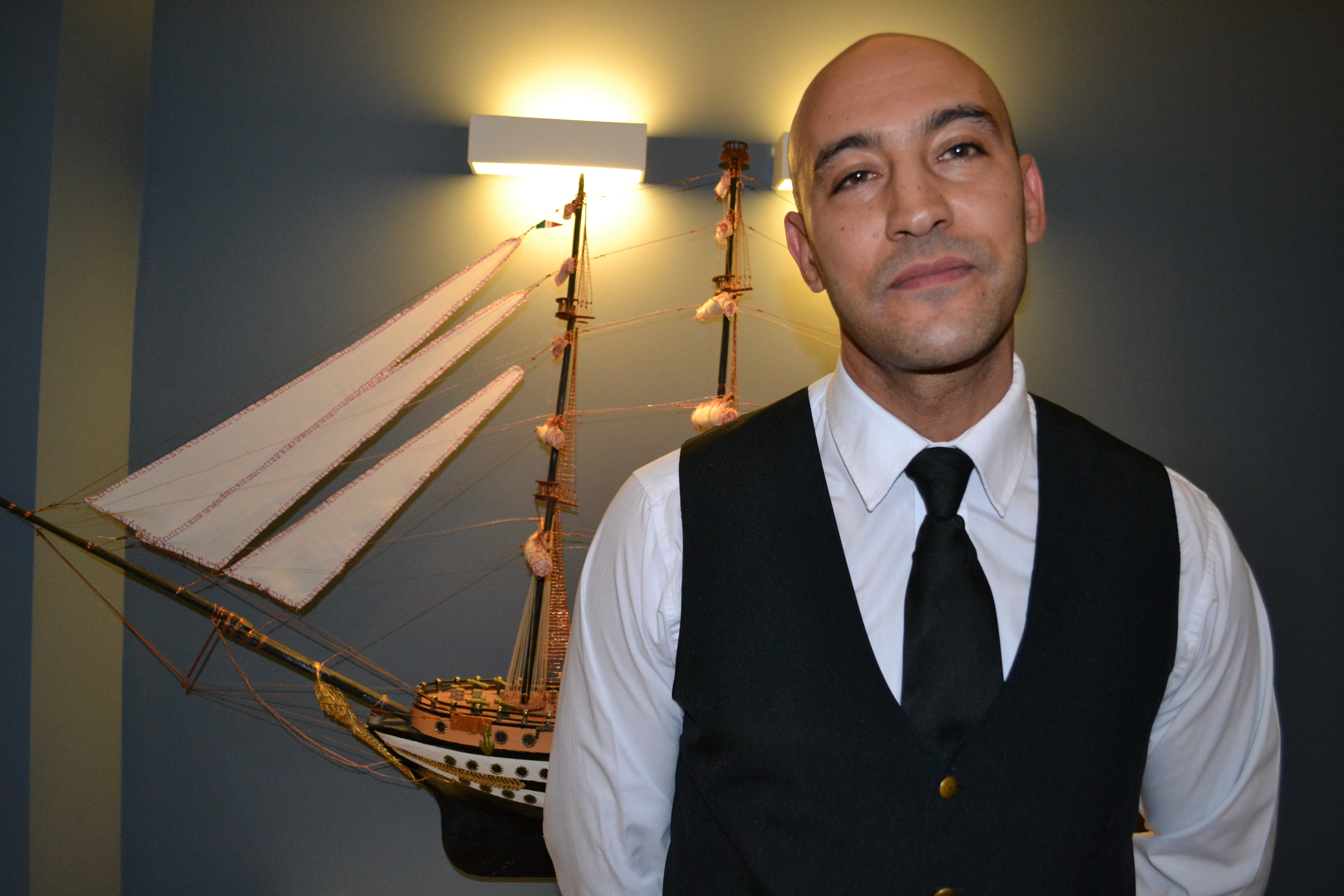
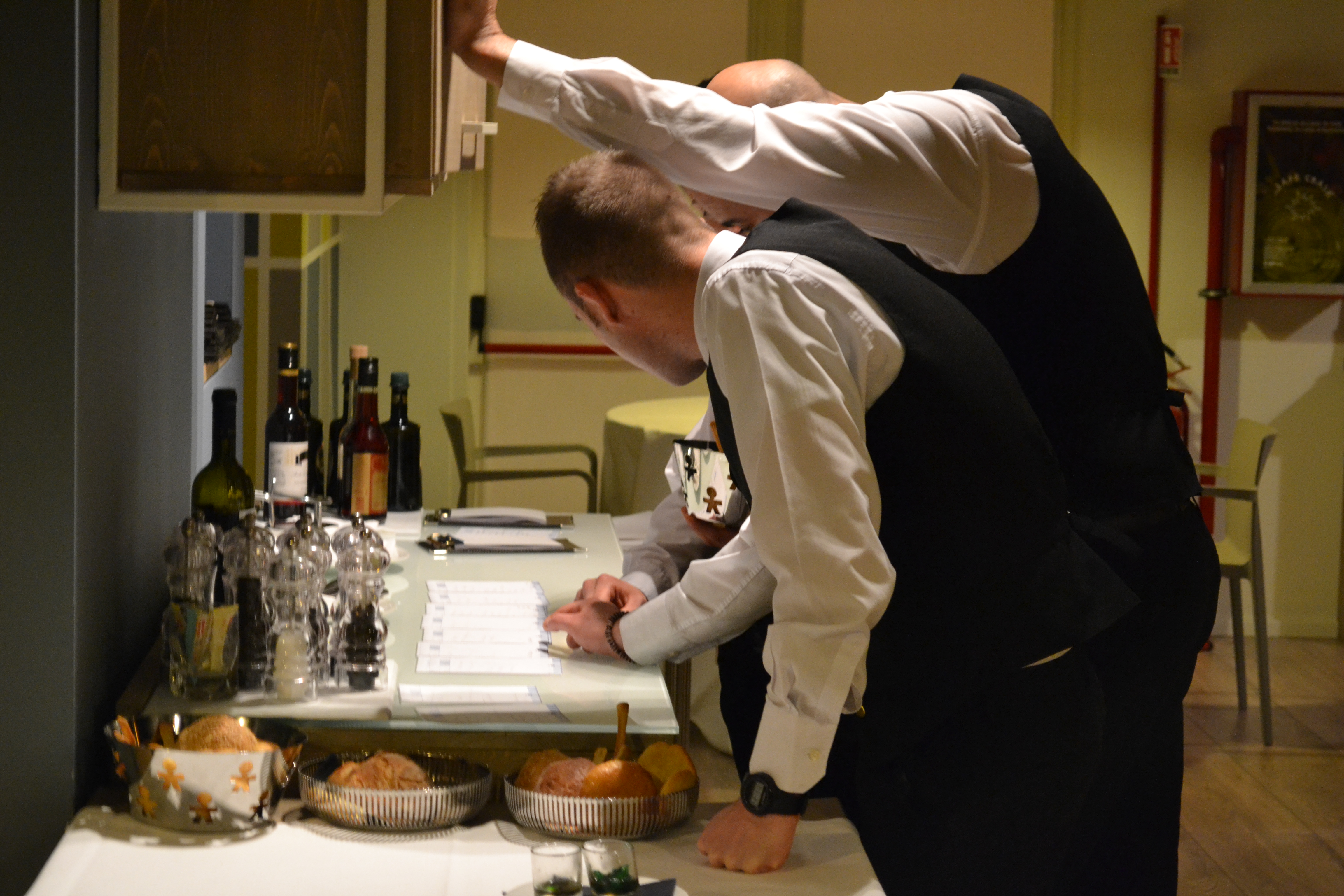
School, work, but first of all: work on their own souls. That’s why a theatre in a prison
“A REMEDY OUT OF A POISON” – In Bollate, however, everything evolves first of all thanks to the rediscovery of oneself, of others and of the human being in general. This can be perceived only by entering the theatre where cooperative Estia organises a drama workshop. Here, where dance theatre is performed, inmates learn to express themselves with the body while remaining silent. A reworking of individual and collective work aiming at discovering their condition through the world and vice versa underlies every show. For this reason, the next show will be dedicated to migrants and to the stranger who lives in every prisoner.

Back to prison, but only for theatre
Carletto is a former prisoner but he comes back here because theatre has become everything to him, it helped him not to think “black and white,” he says, “like a delinquent” any longer. The cooperative has given birth to other activities in prison: a carpentry shop, a video workshop. Once outside it gives to the prisoners also the chance to stay in an apartment at humane prices. Because one does not live by theatre alone. So Carletto works at the shop in Via dei Mille where cooperatives which operate inside prisons can sell their products, as those created by Angelo who, at 57, went to prison, in Paola, Calabria, and then rediscovered the art of leather work and his passion for music in Bollate.
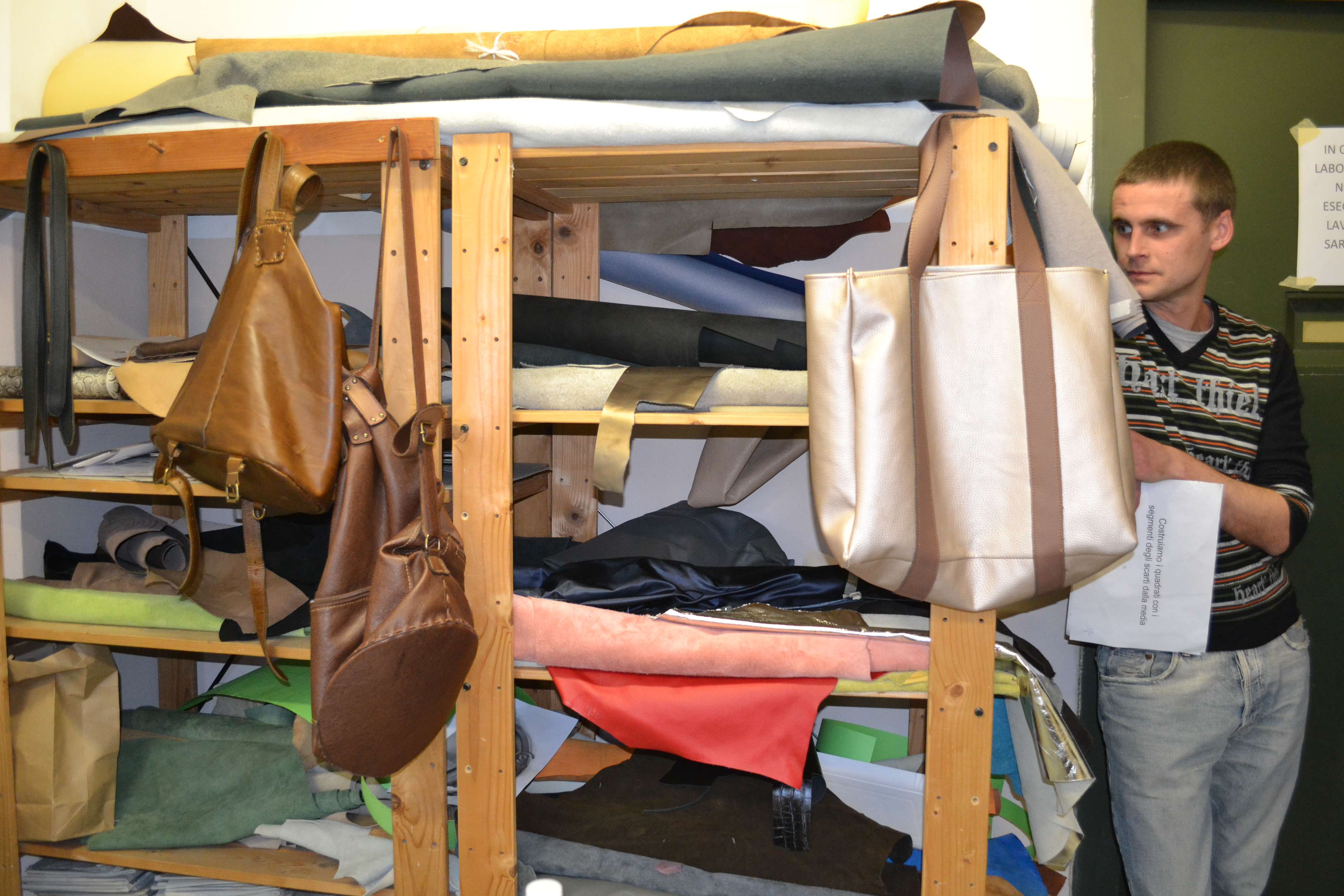
Angelo, 57, opened a workshop in Bollate’s prison
MEETING-PLACES – Angelo opened an educational workshop to teach other inmates the art of leather treatment. But this place is much more: it is a real workshop. A popular meeting point where they can speak about themselves and meet the others by learning a skill that will be useful one day to open their own business and escape crime, as one of Angelo’s trainees did.
A music room: a rapper who writes his lyrics and doesn’t want to play with his life any longer
But Angelo is also a musician and a great voice. And so, a friendship between him and the young rapper DoppiaGi was certain, two songwriters who, living between the shop and the prison’s music room, learnt to express themselves, to meet, understand and change. Because what is necessary to human beings is, first of all and at every opportunity, the rediscovery of themselves.

